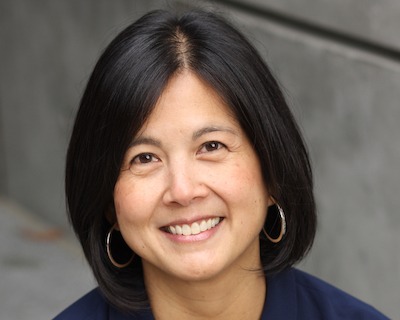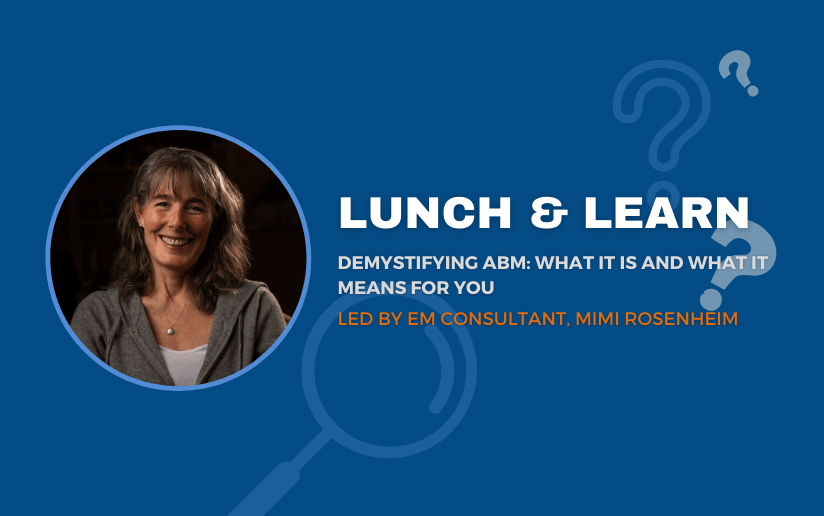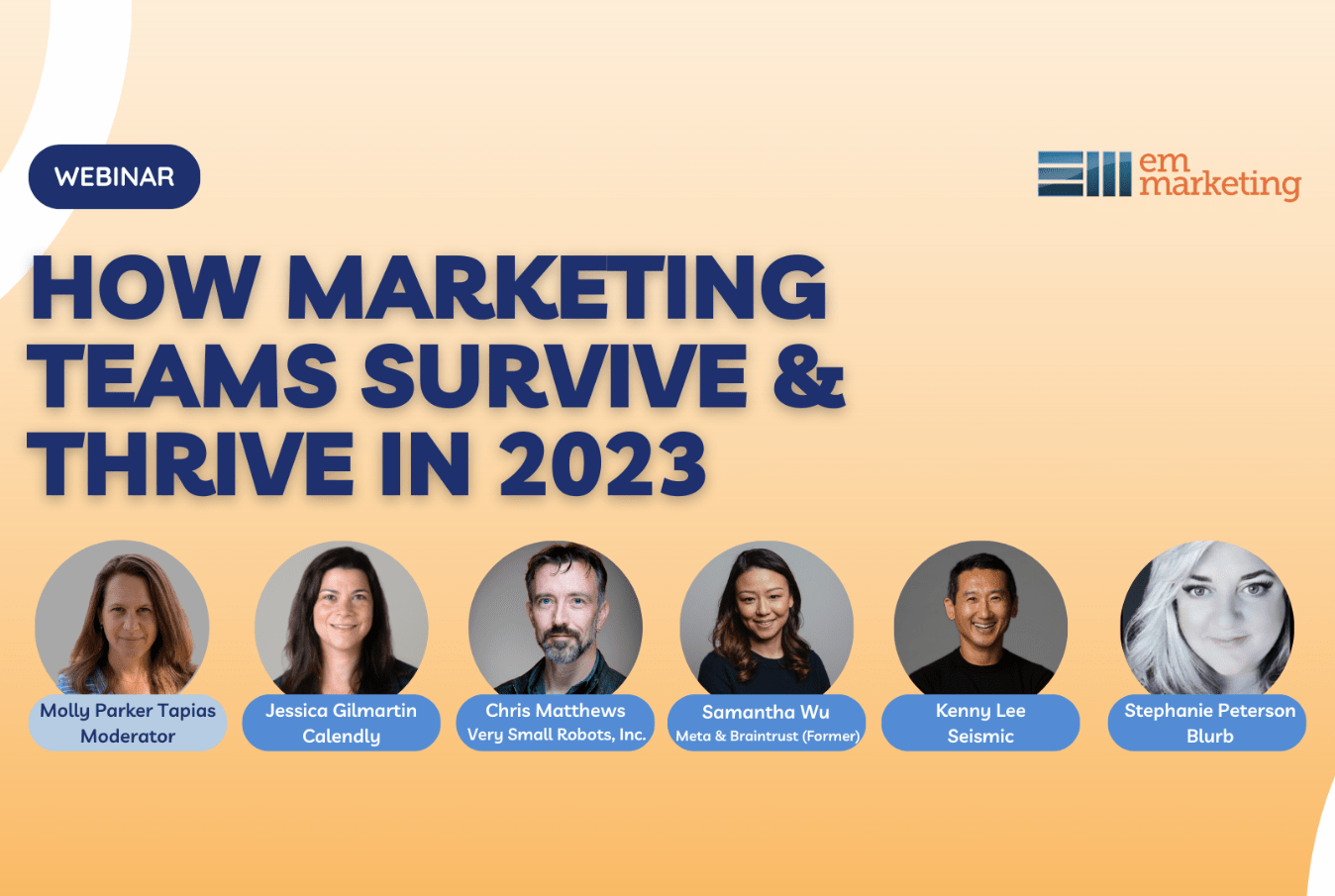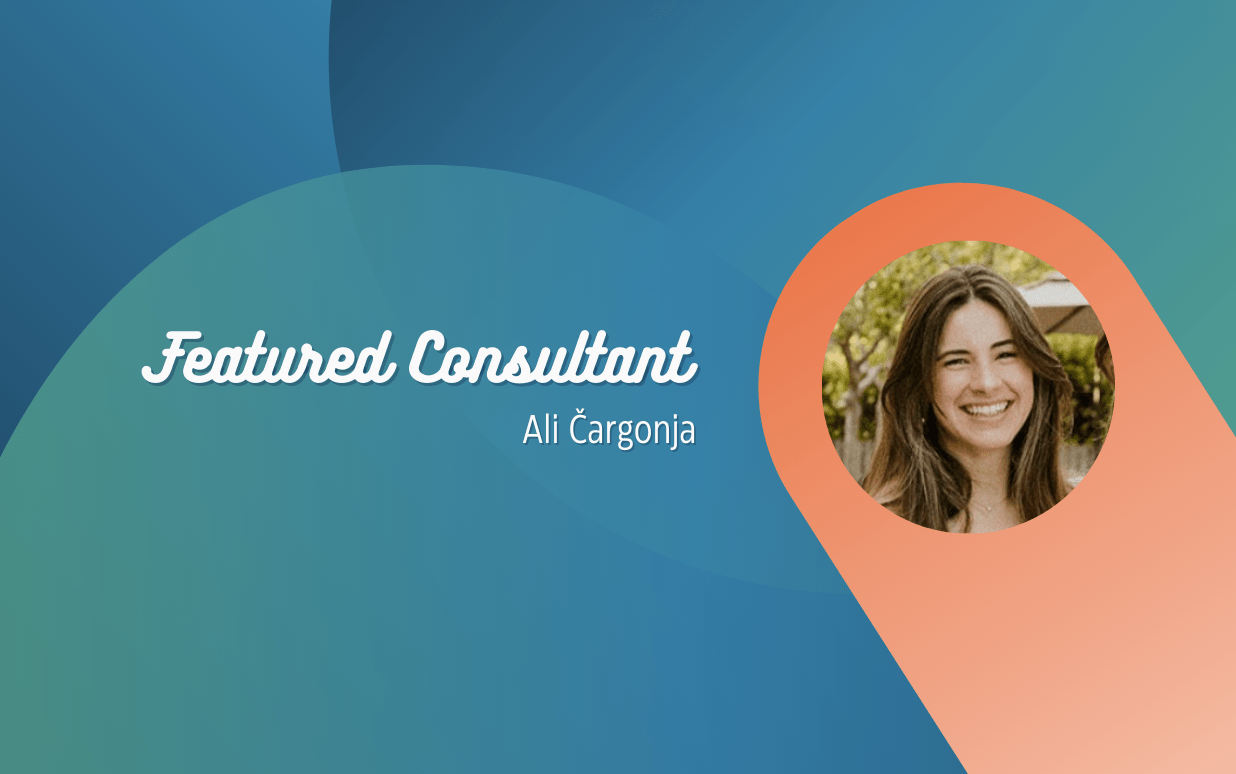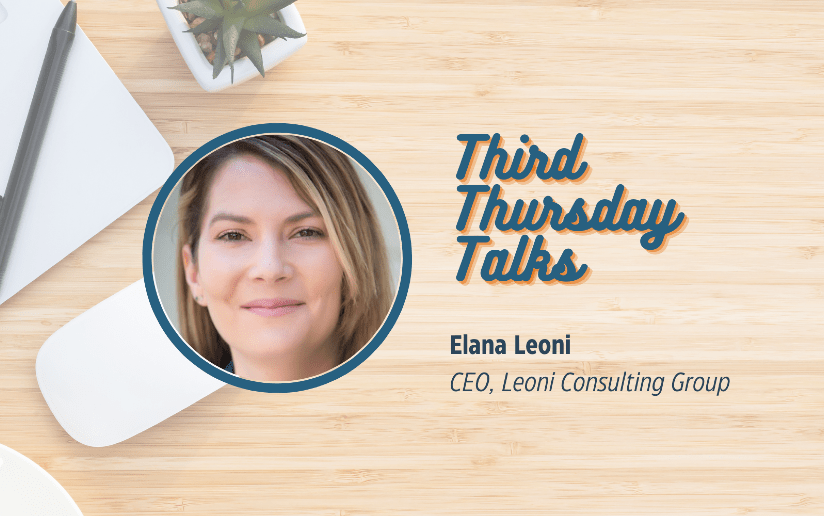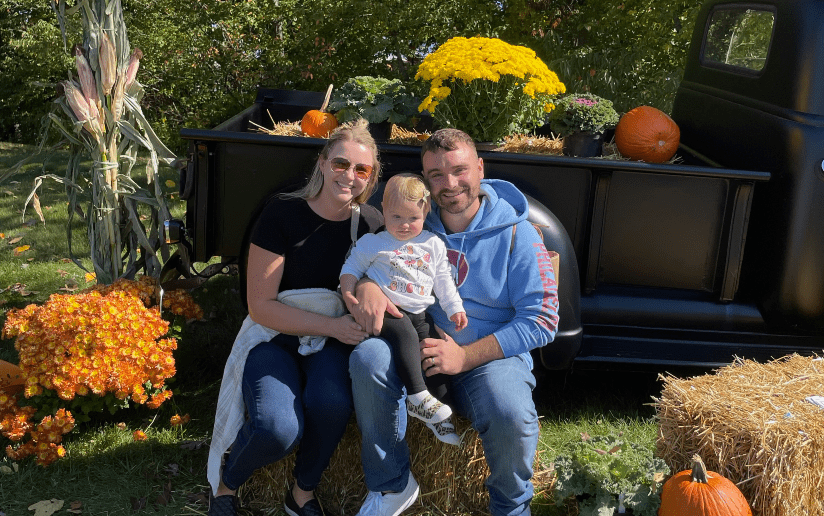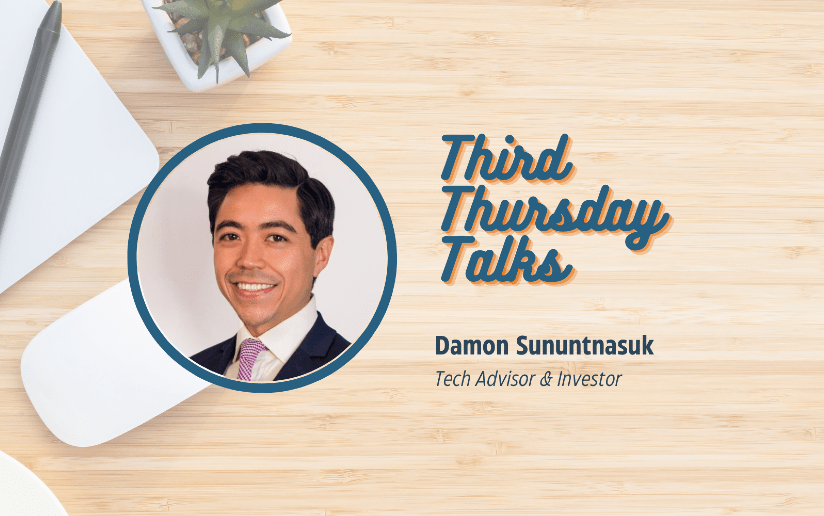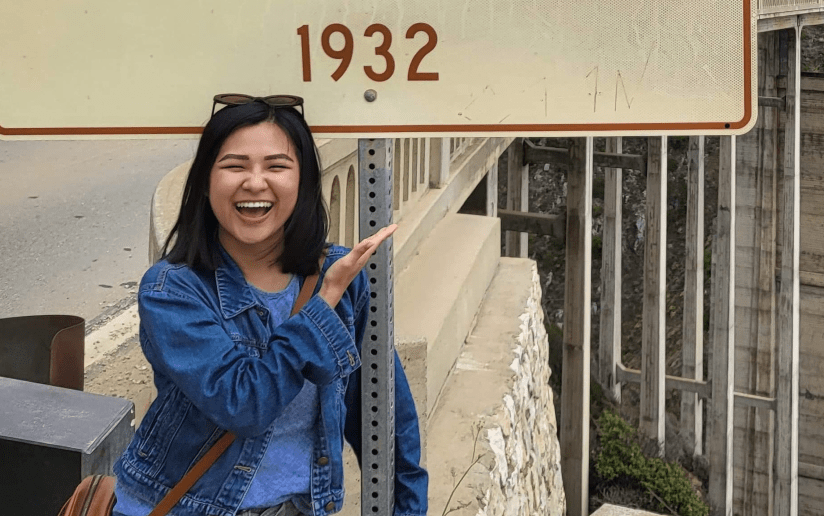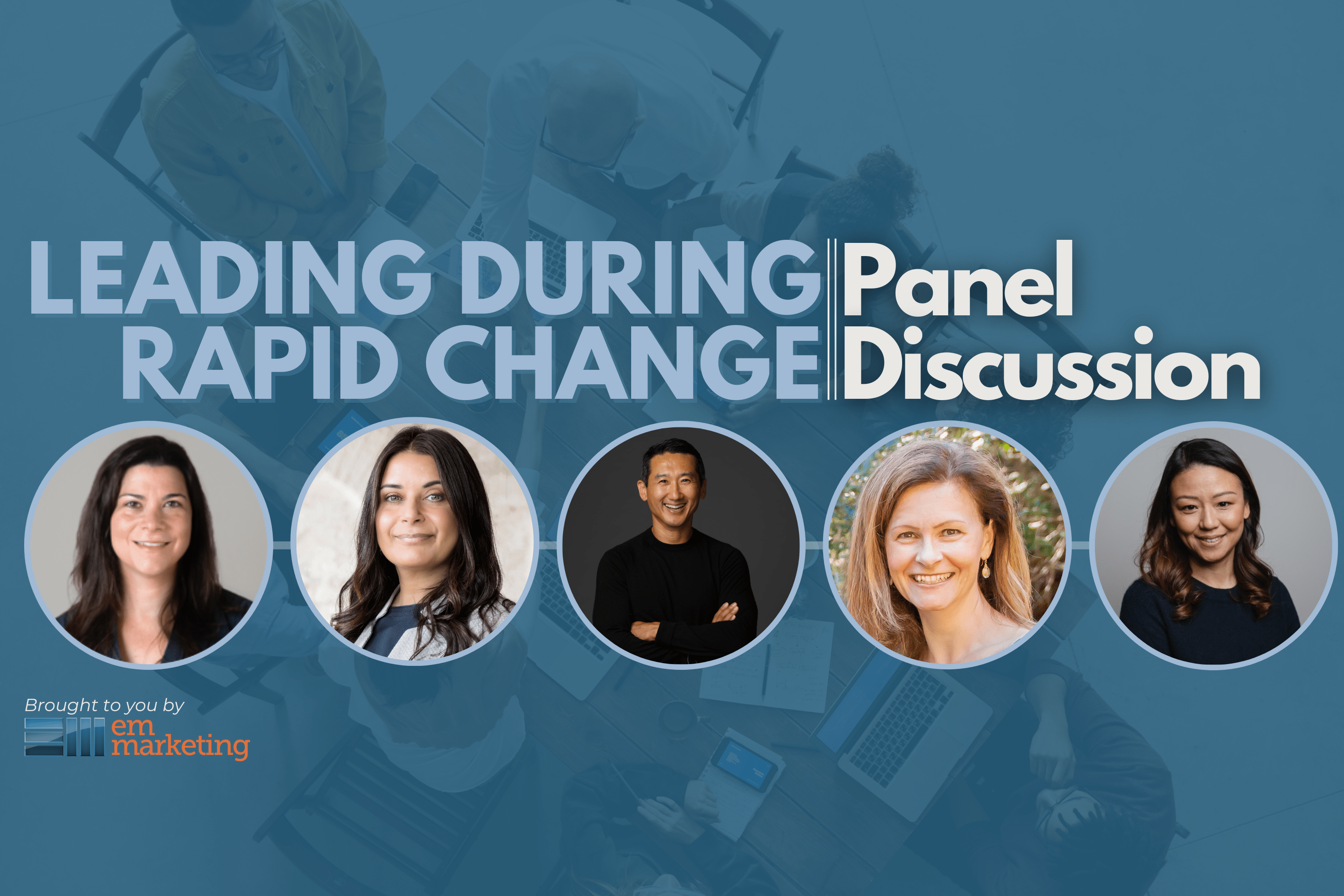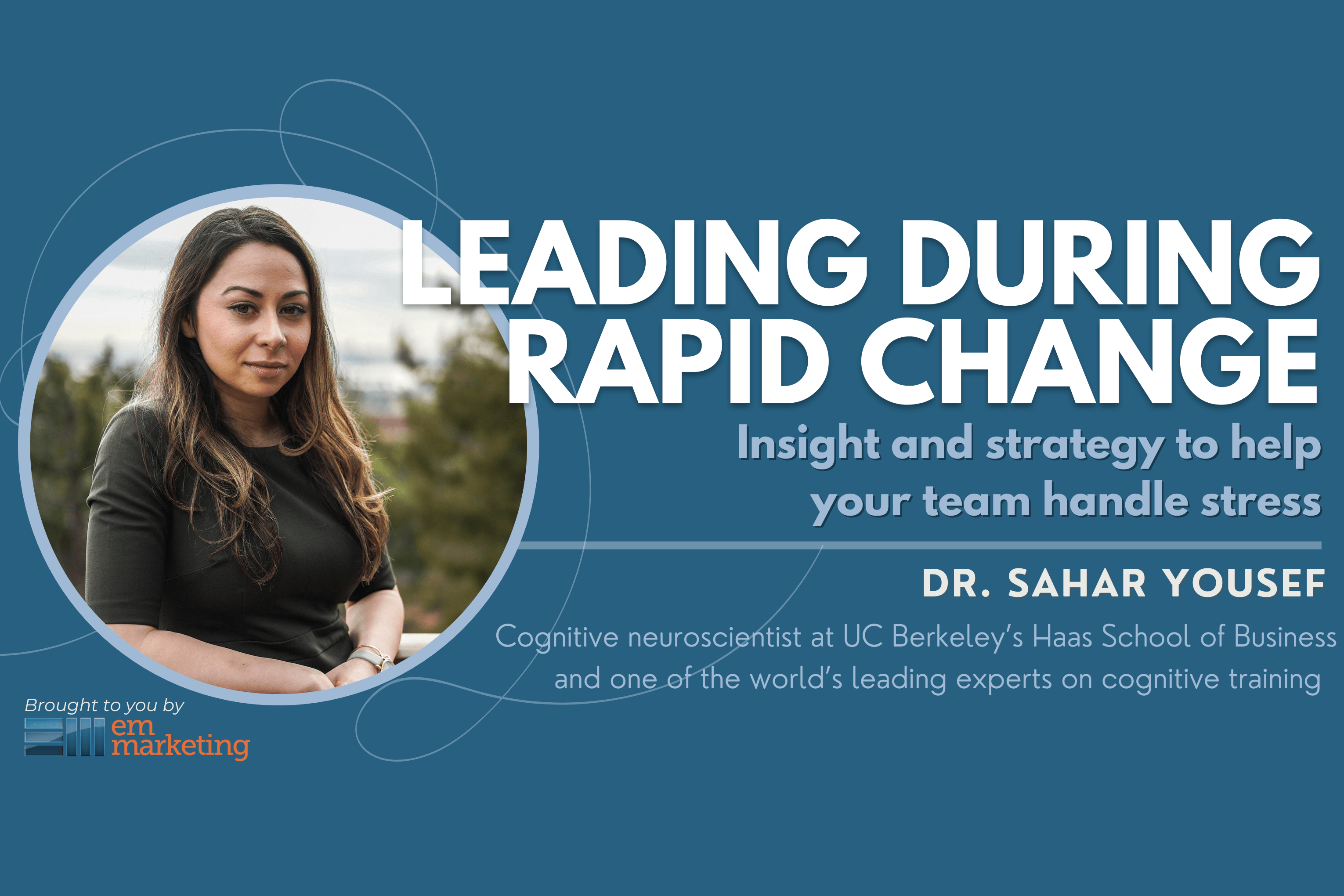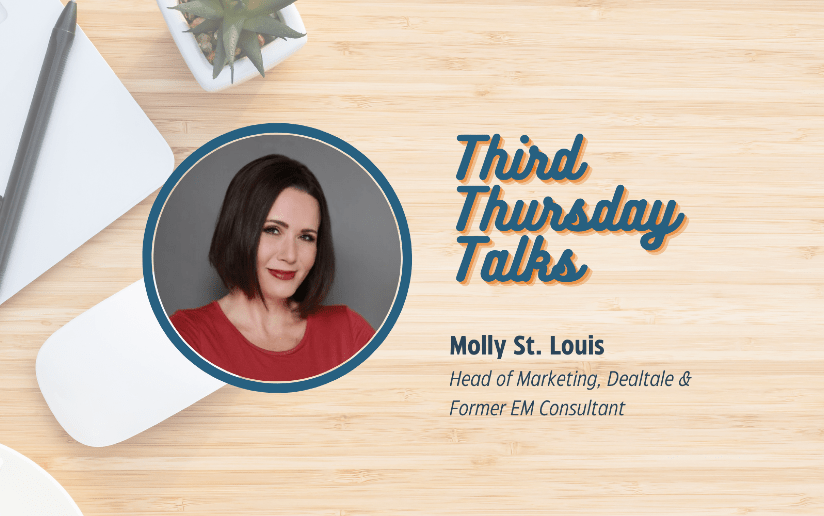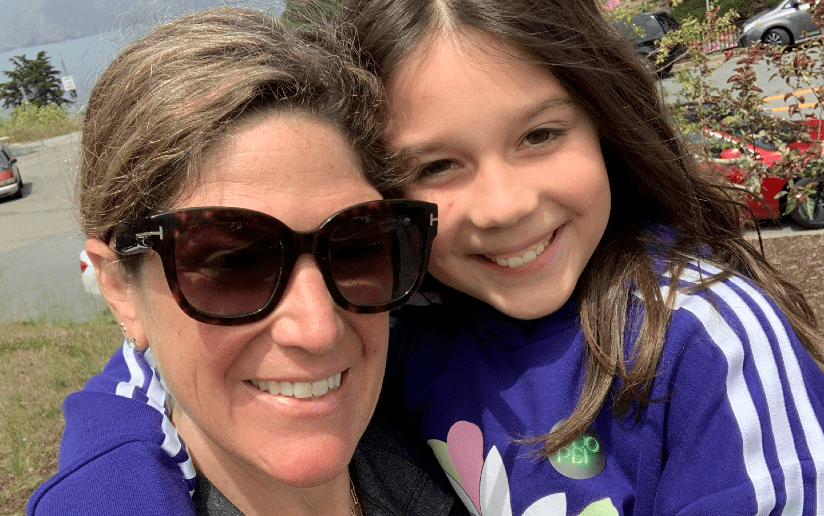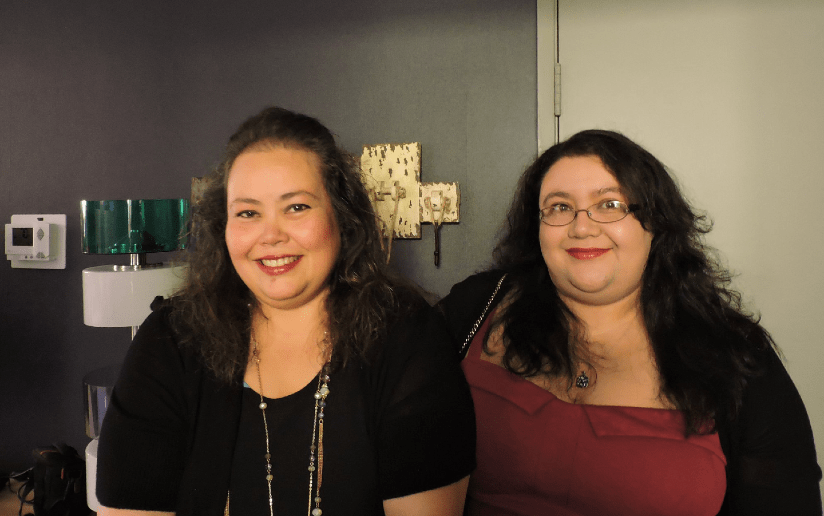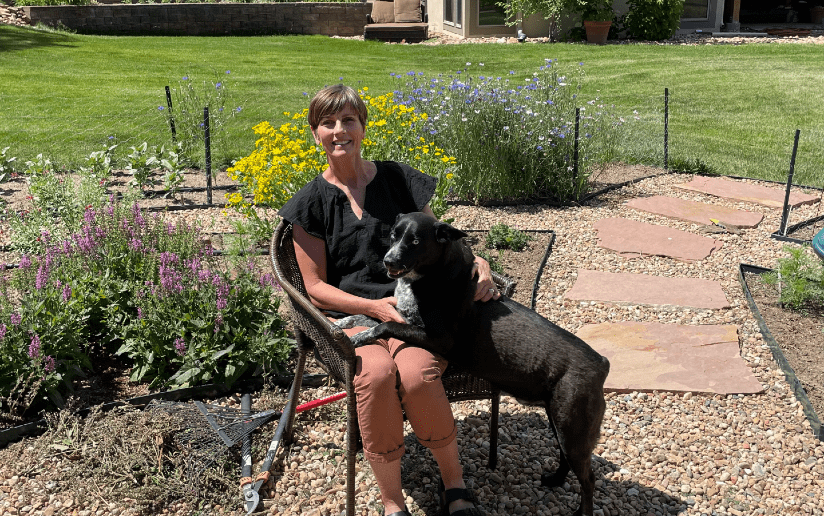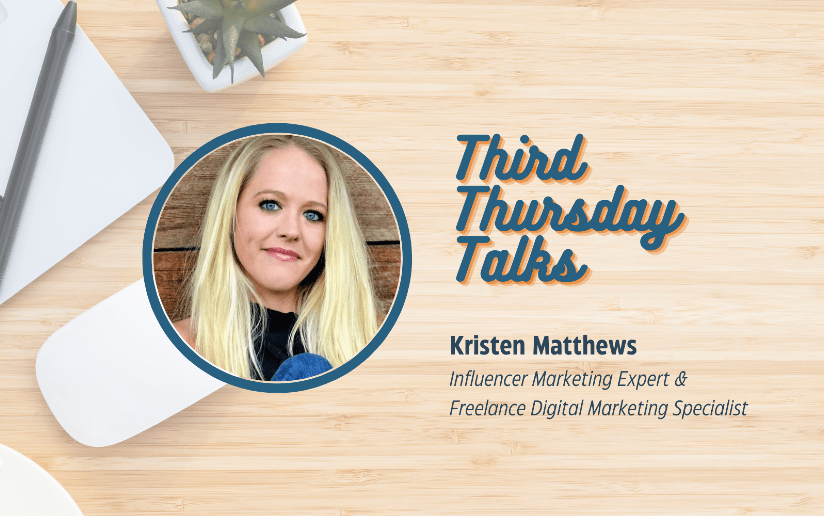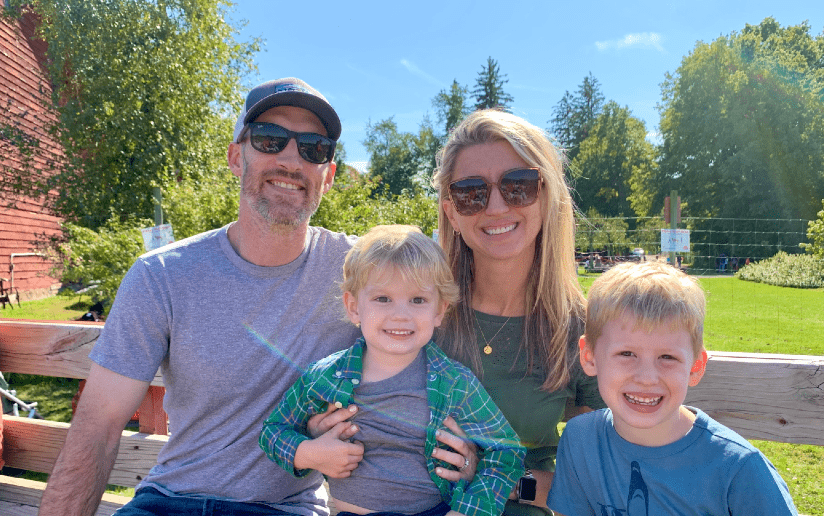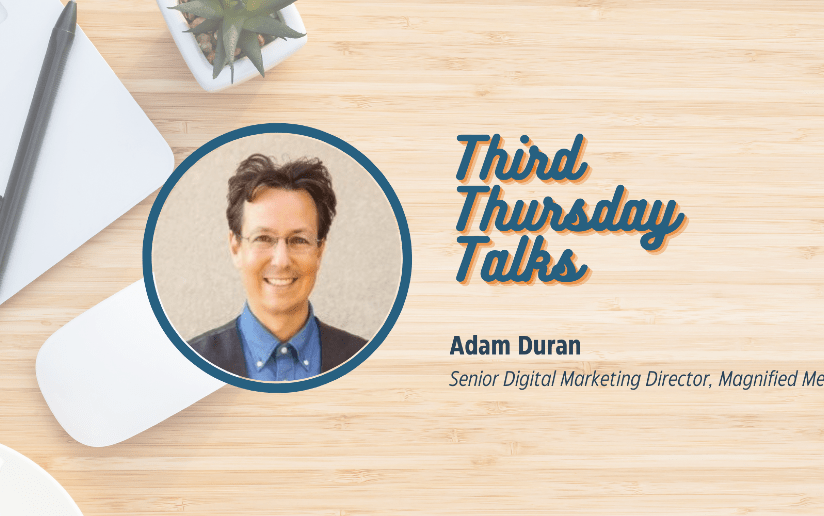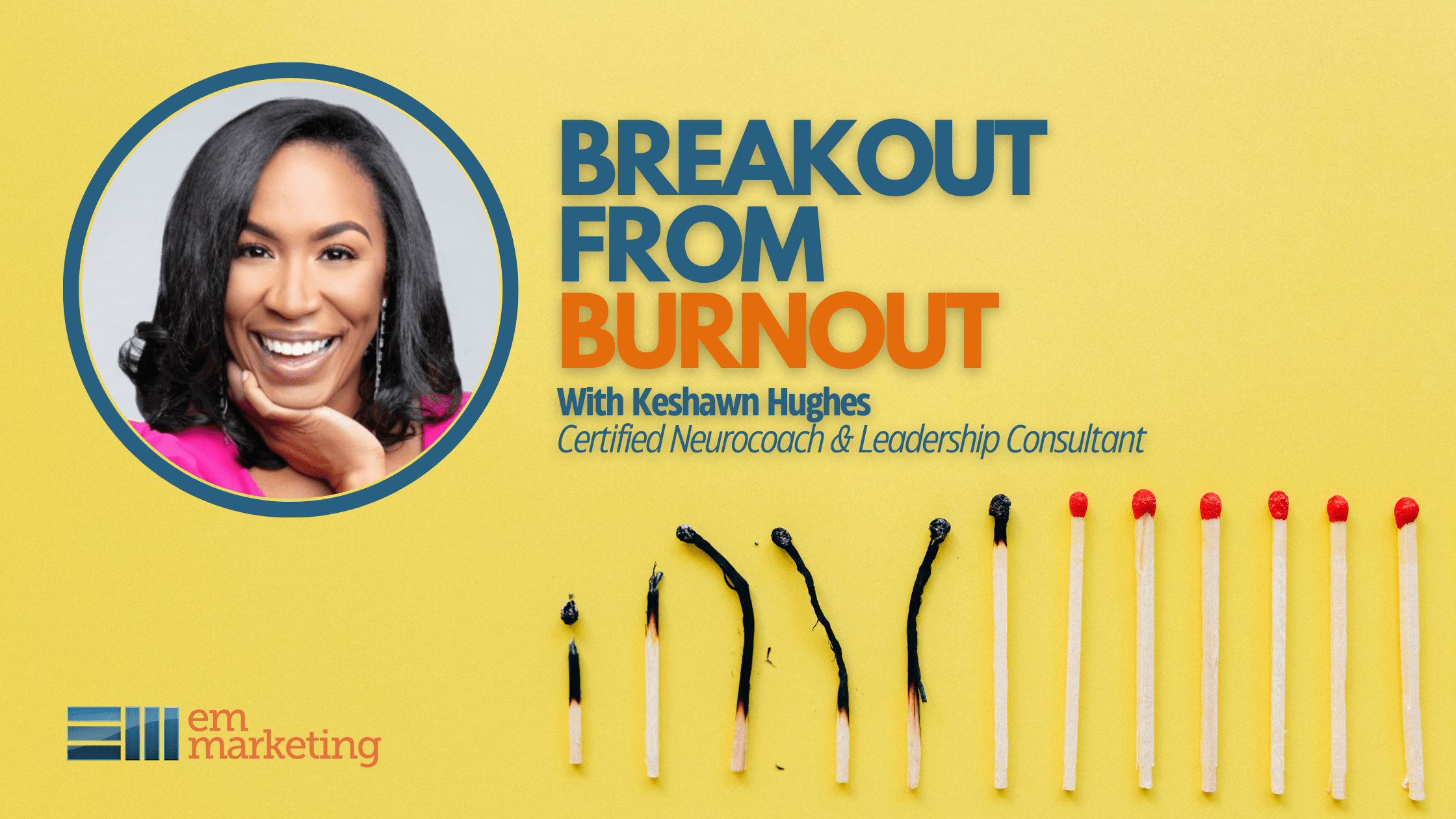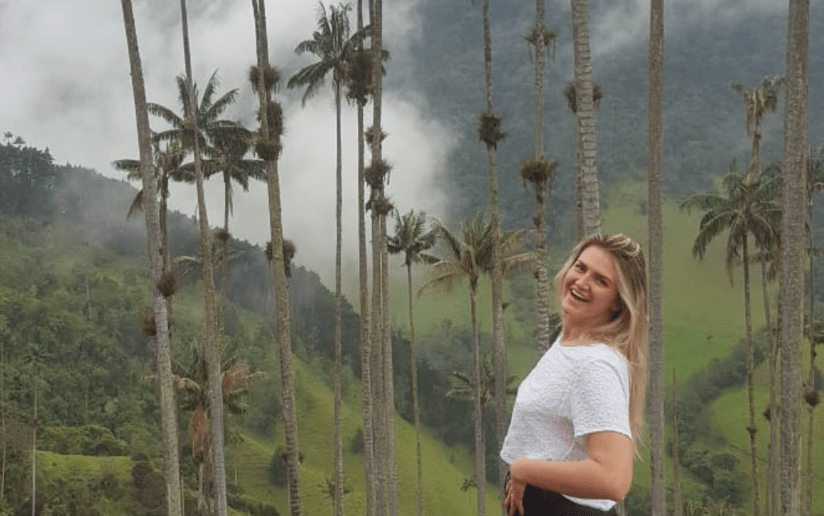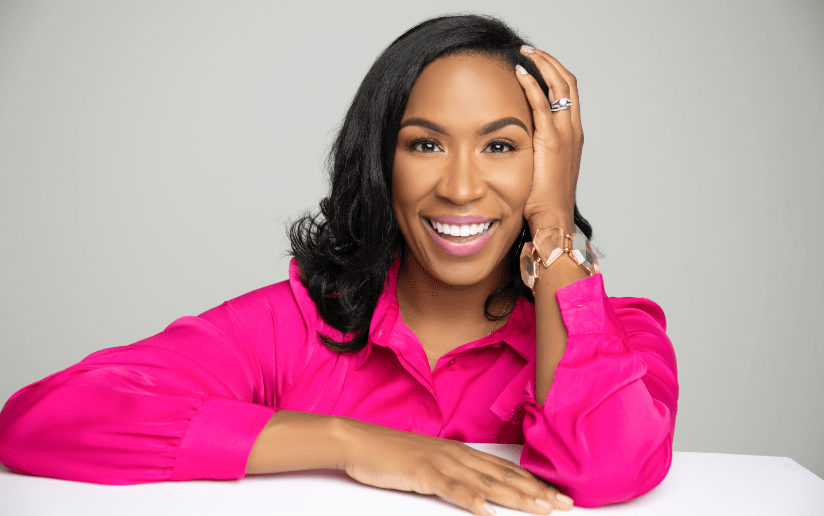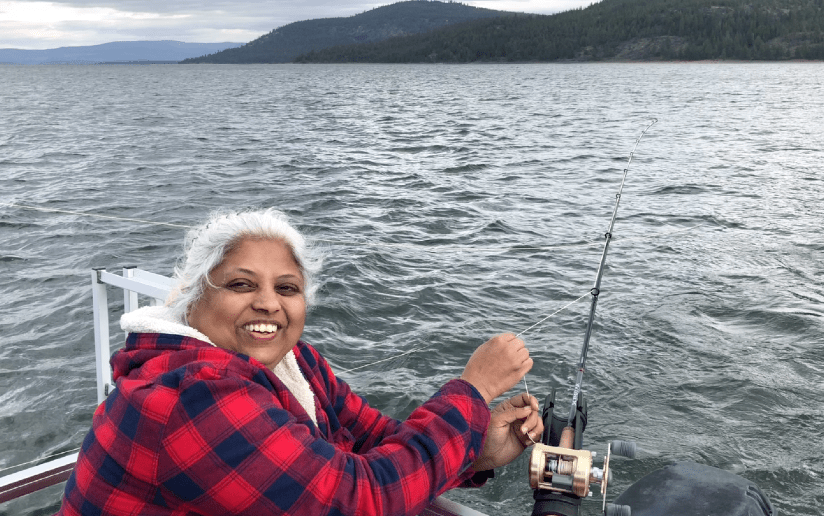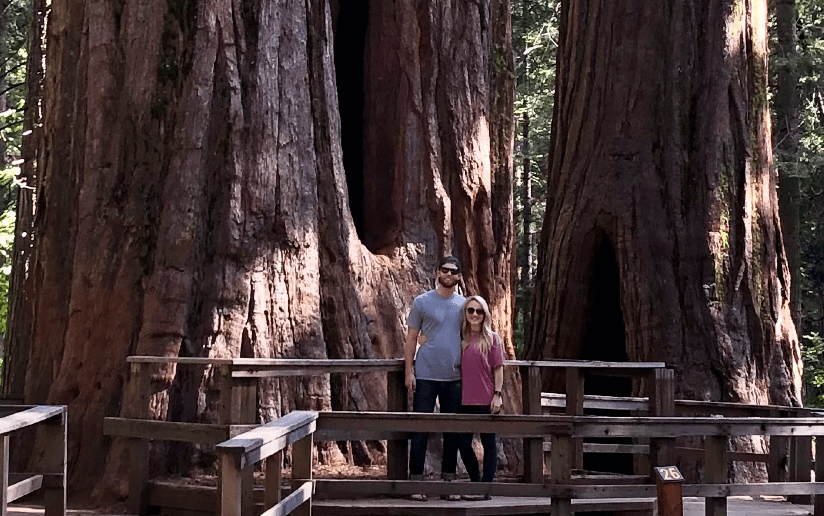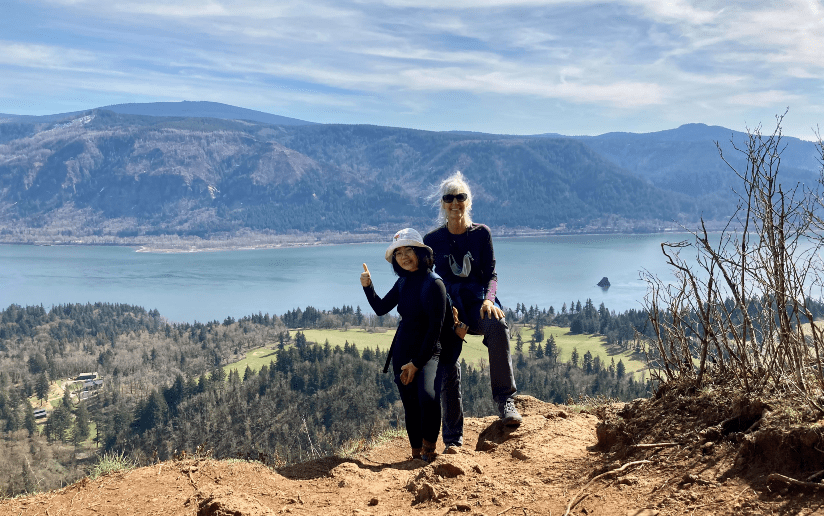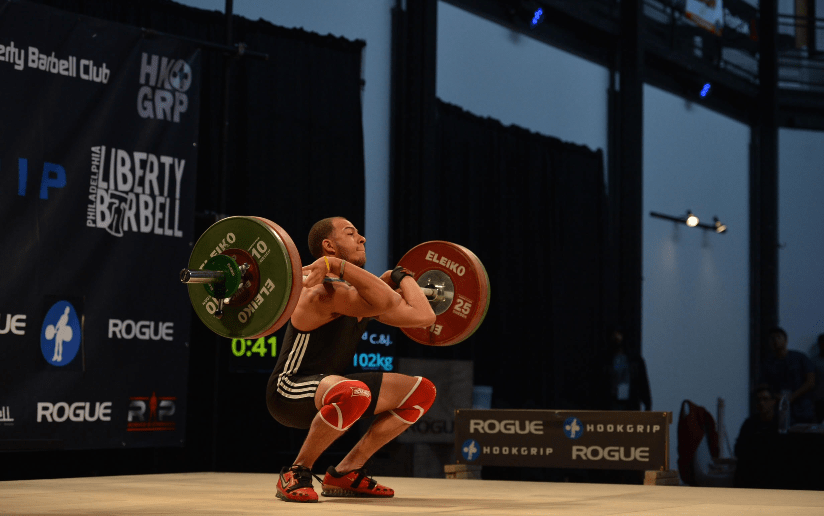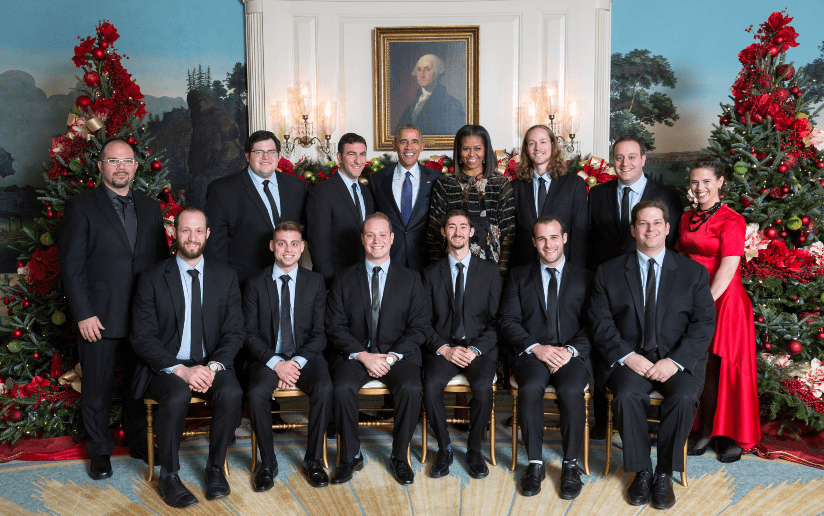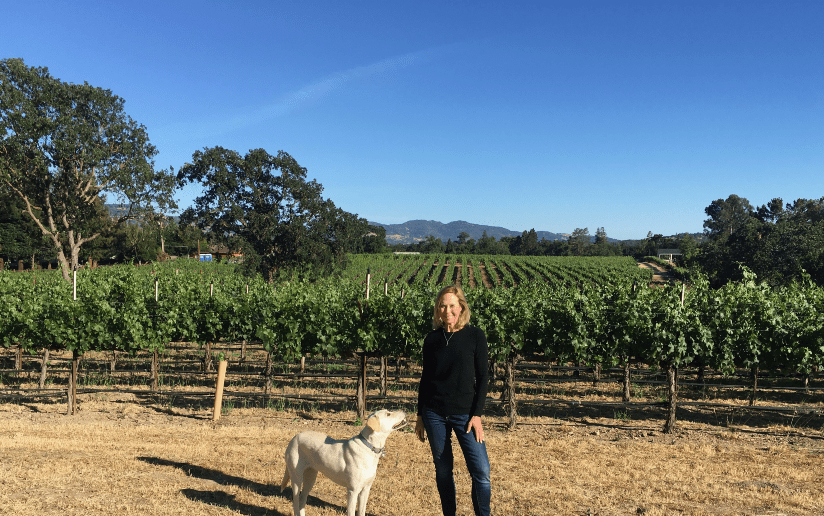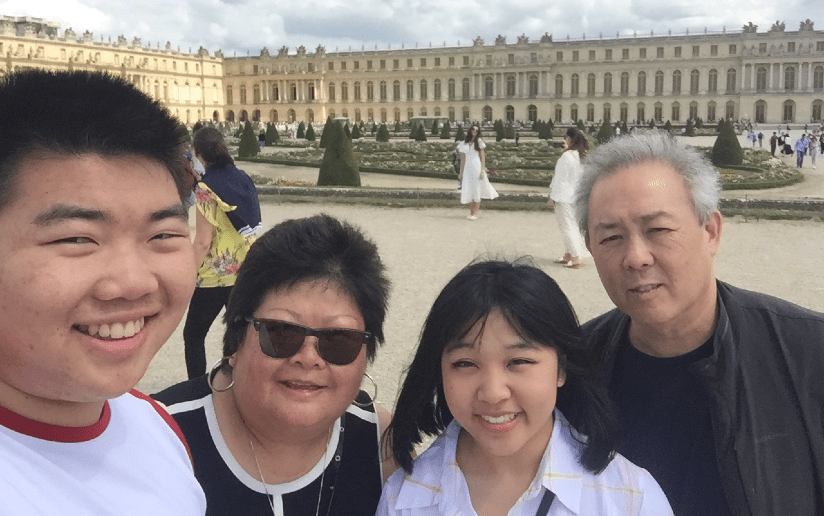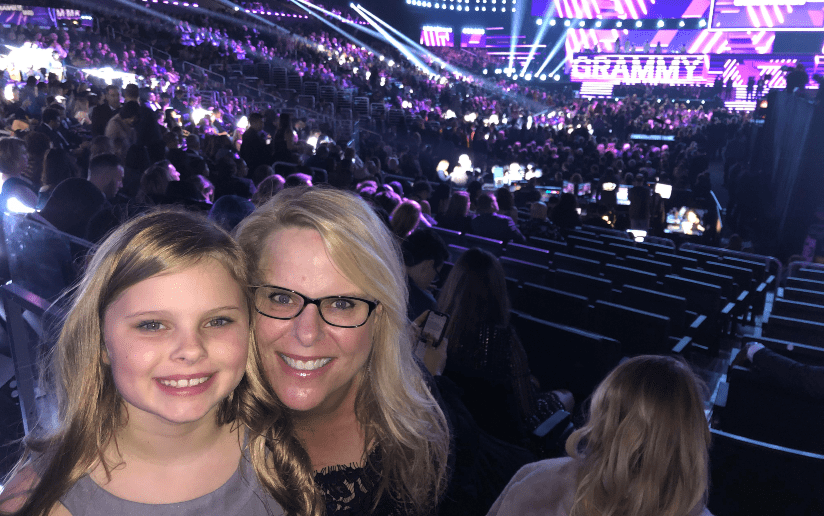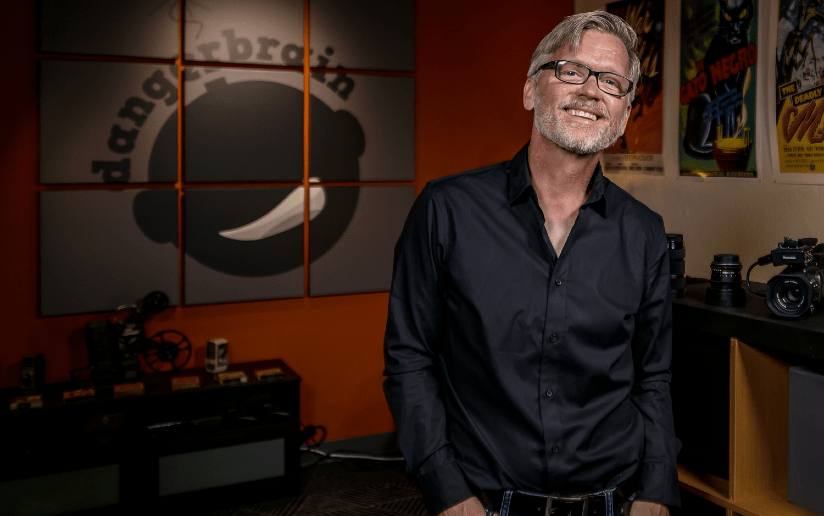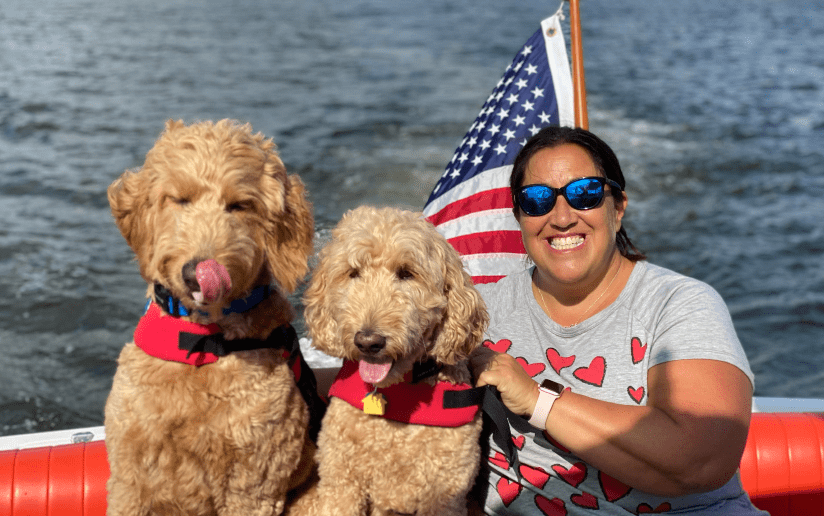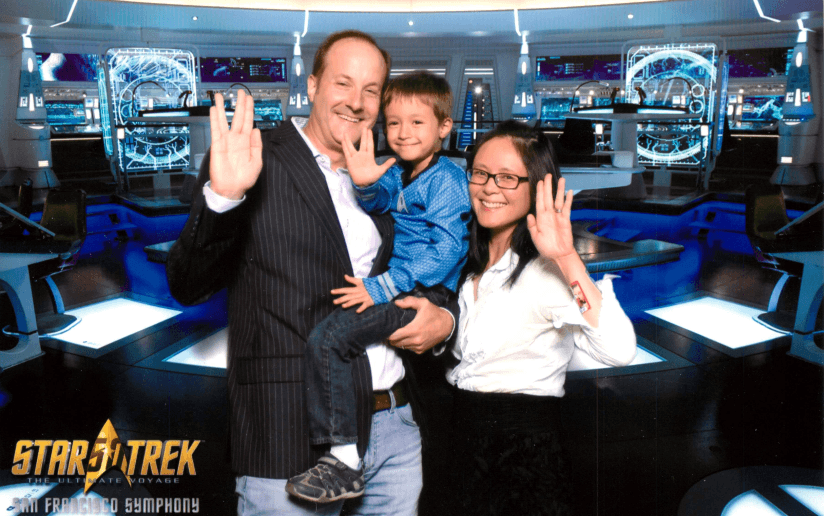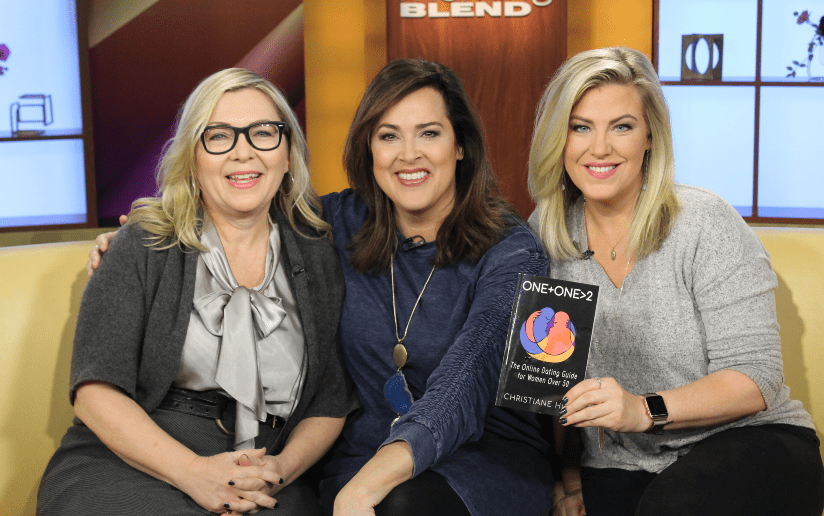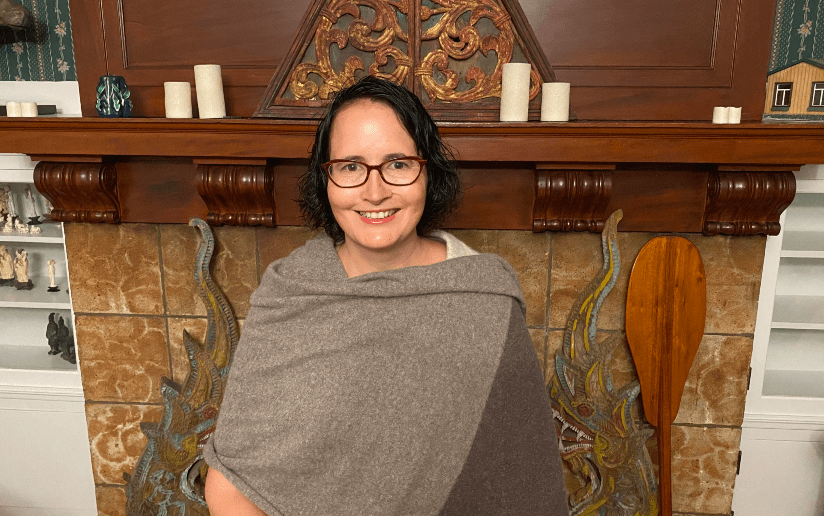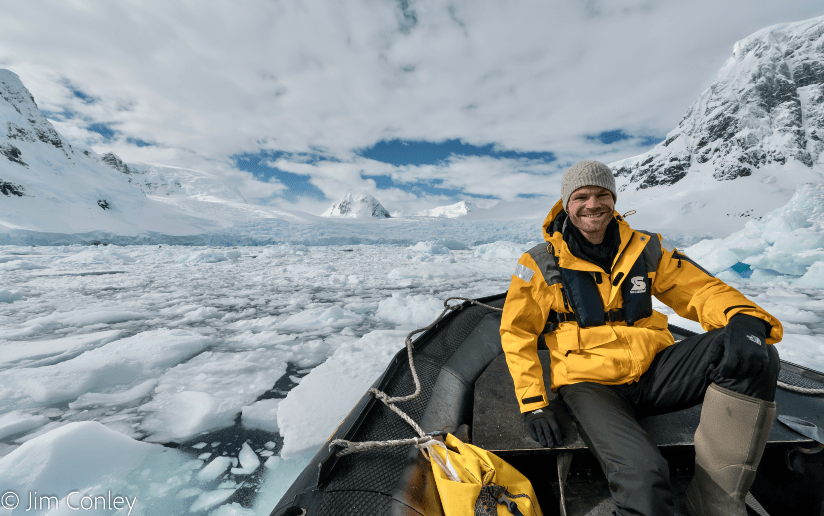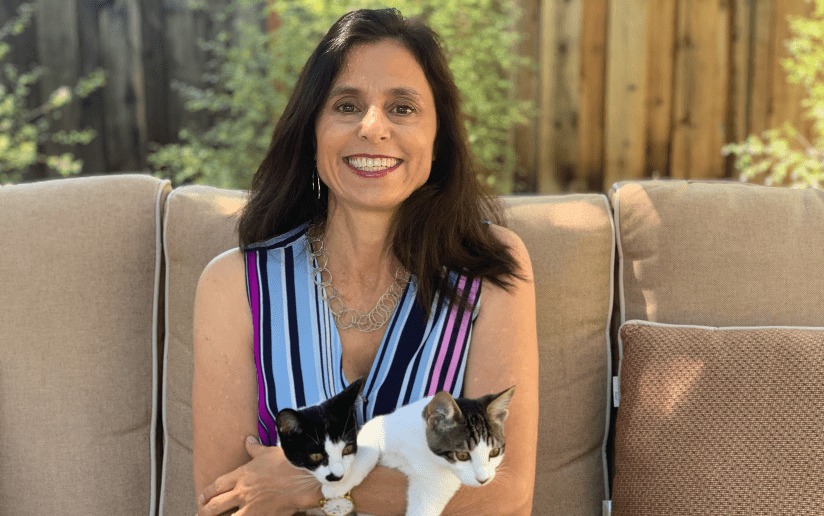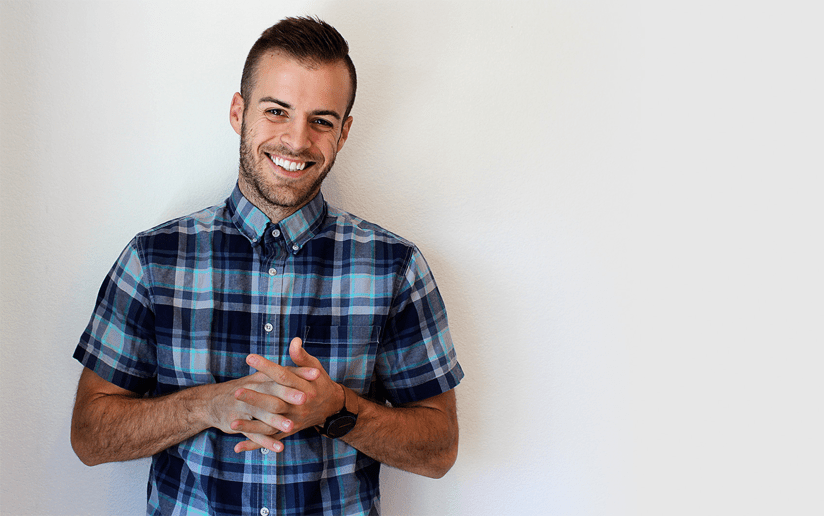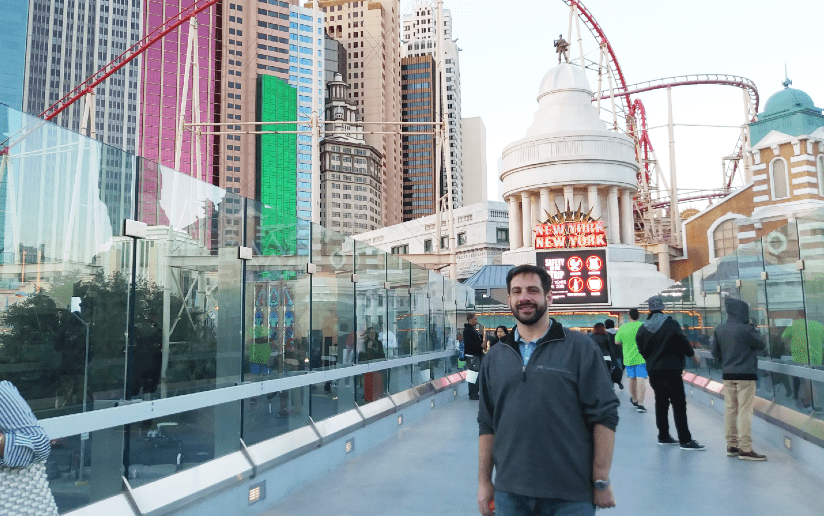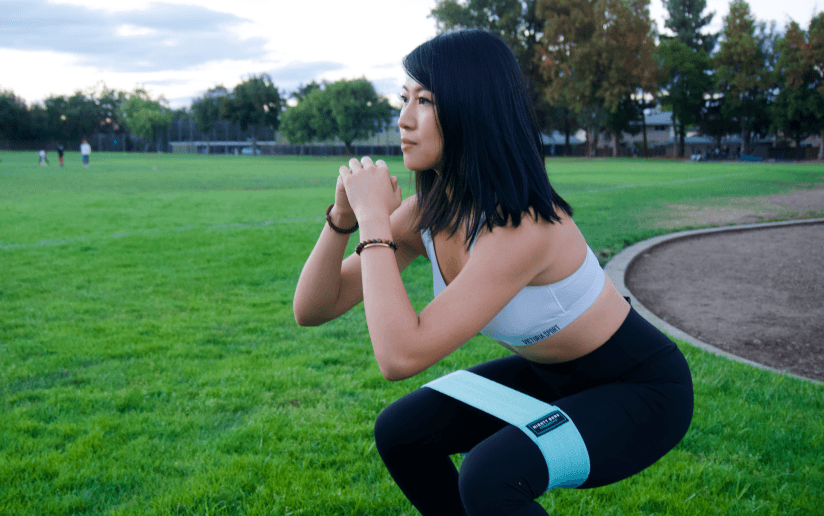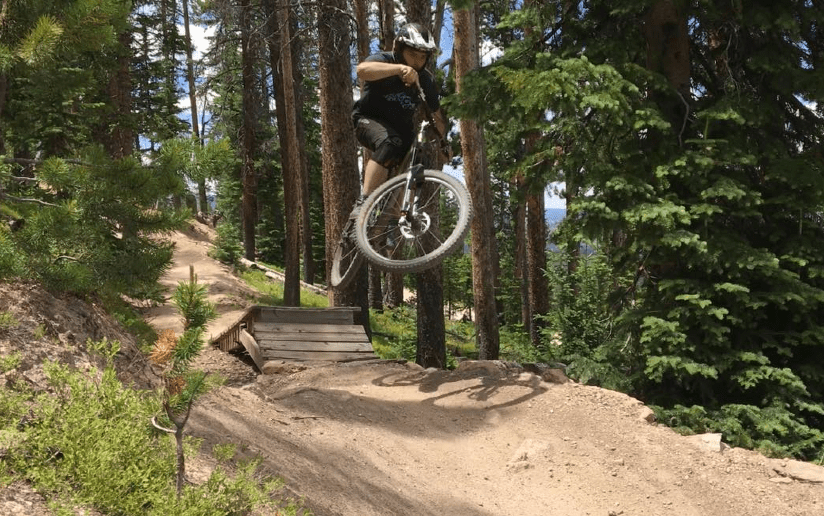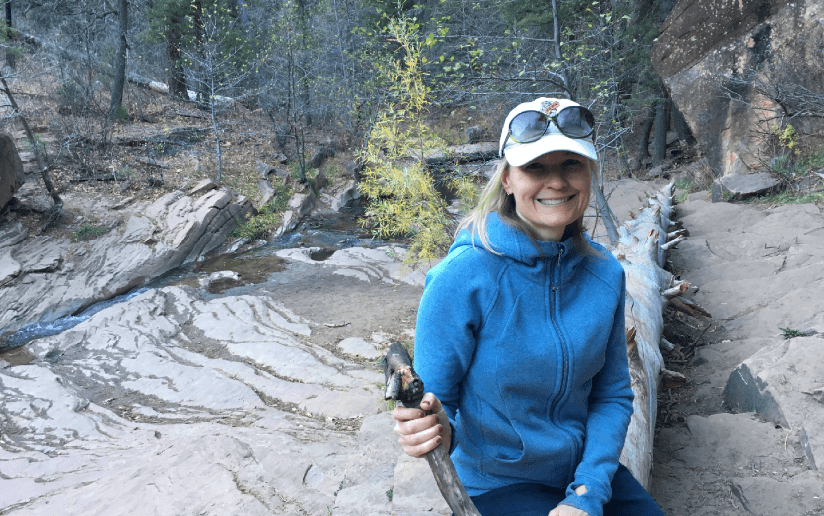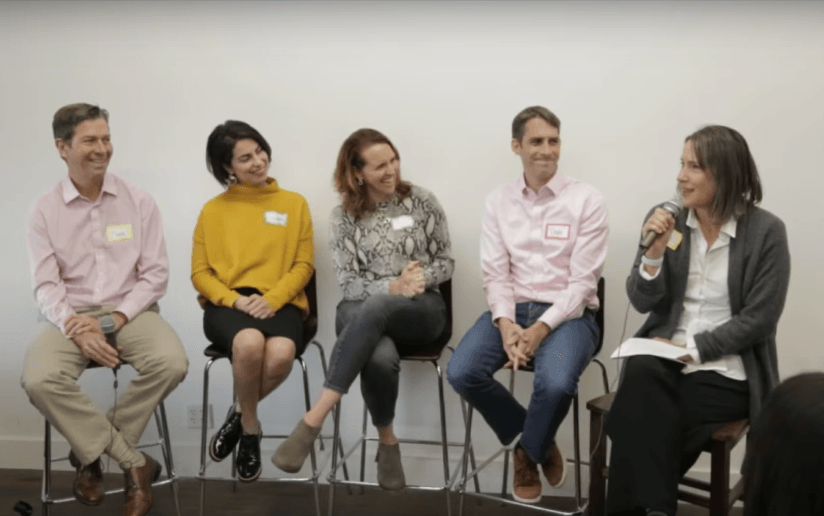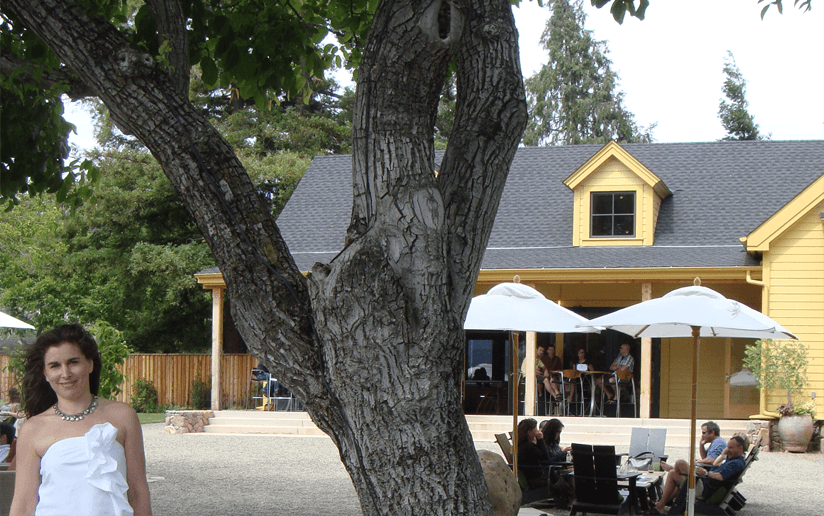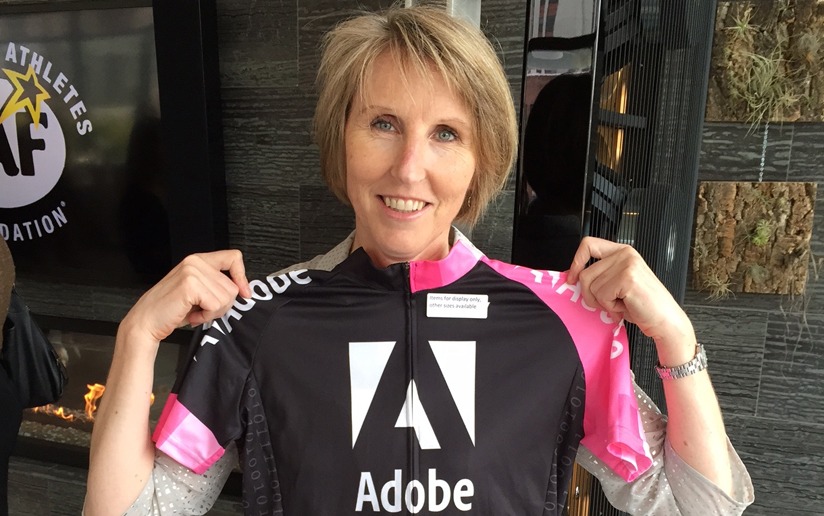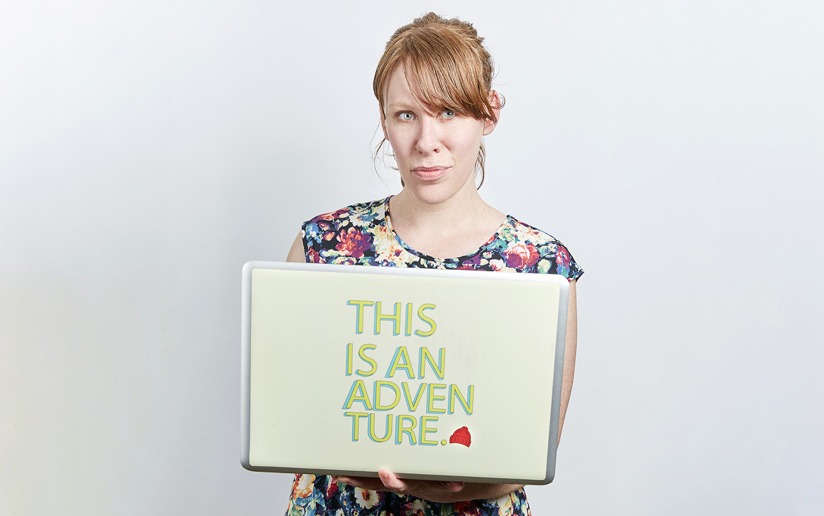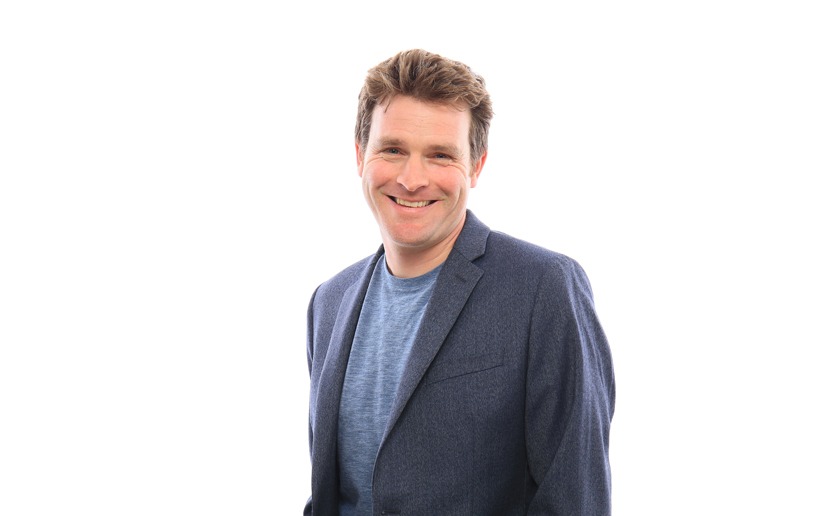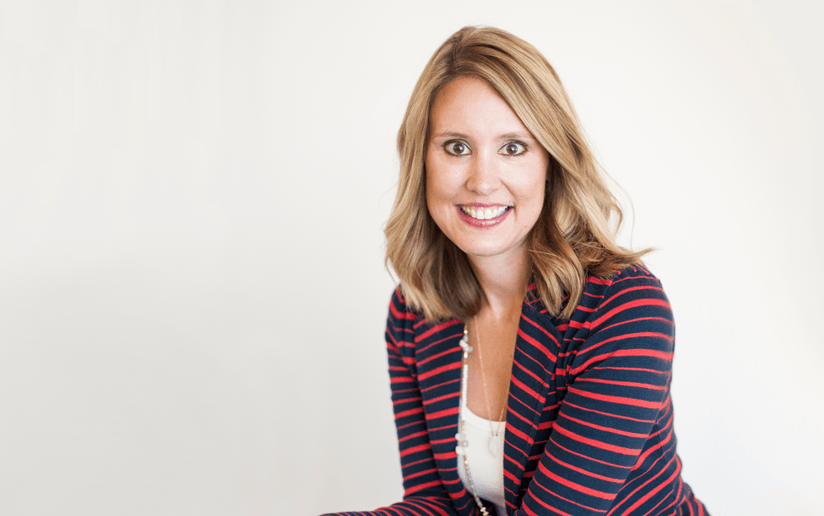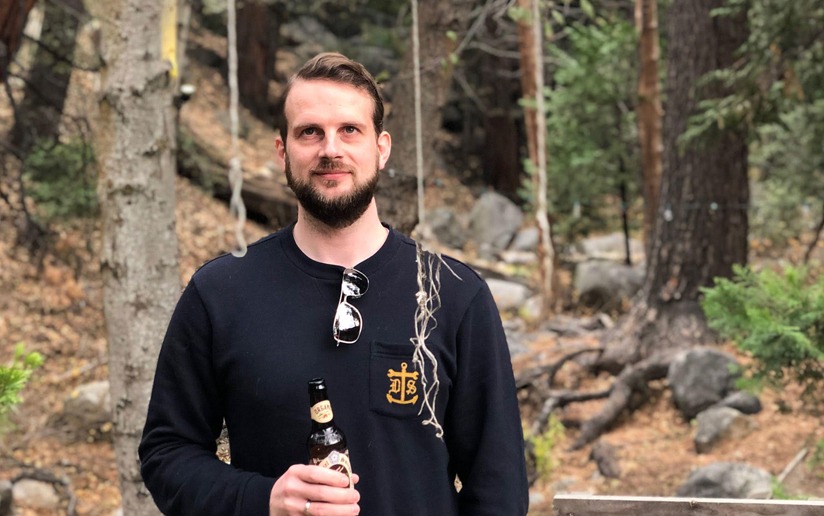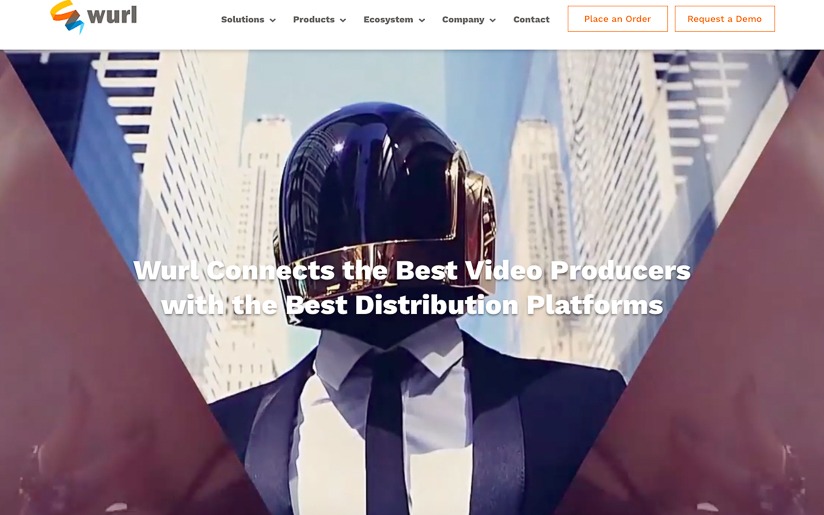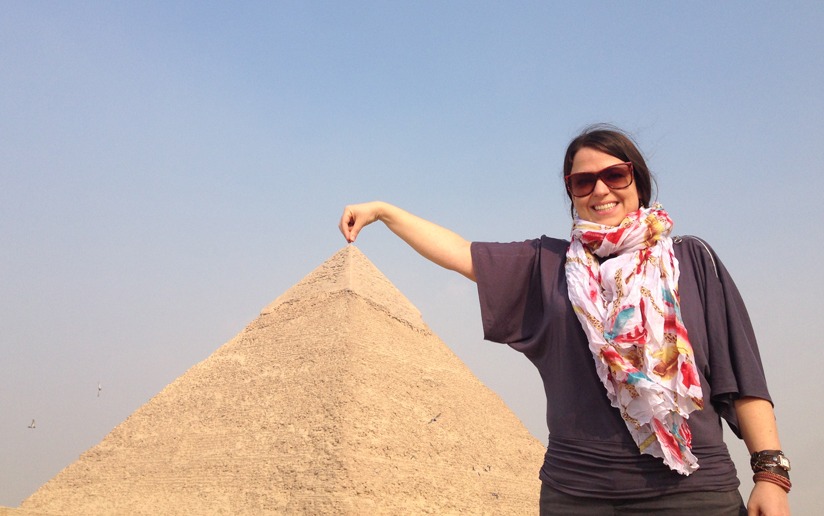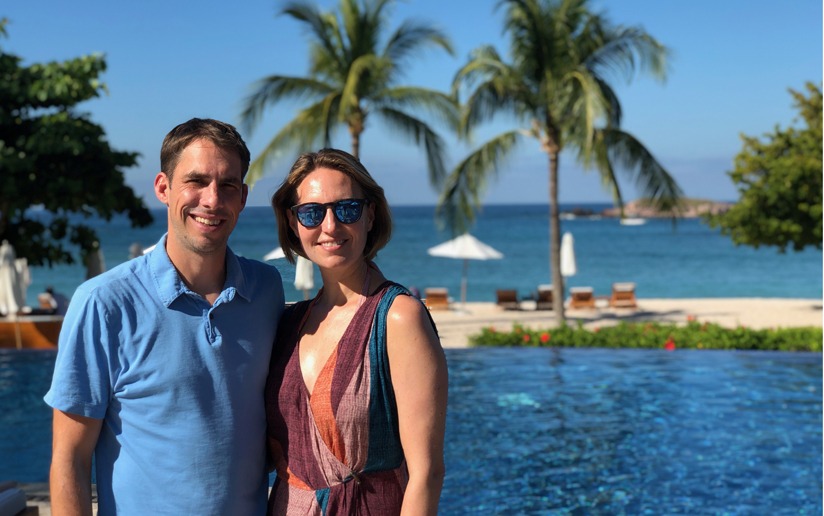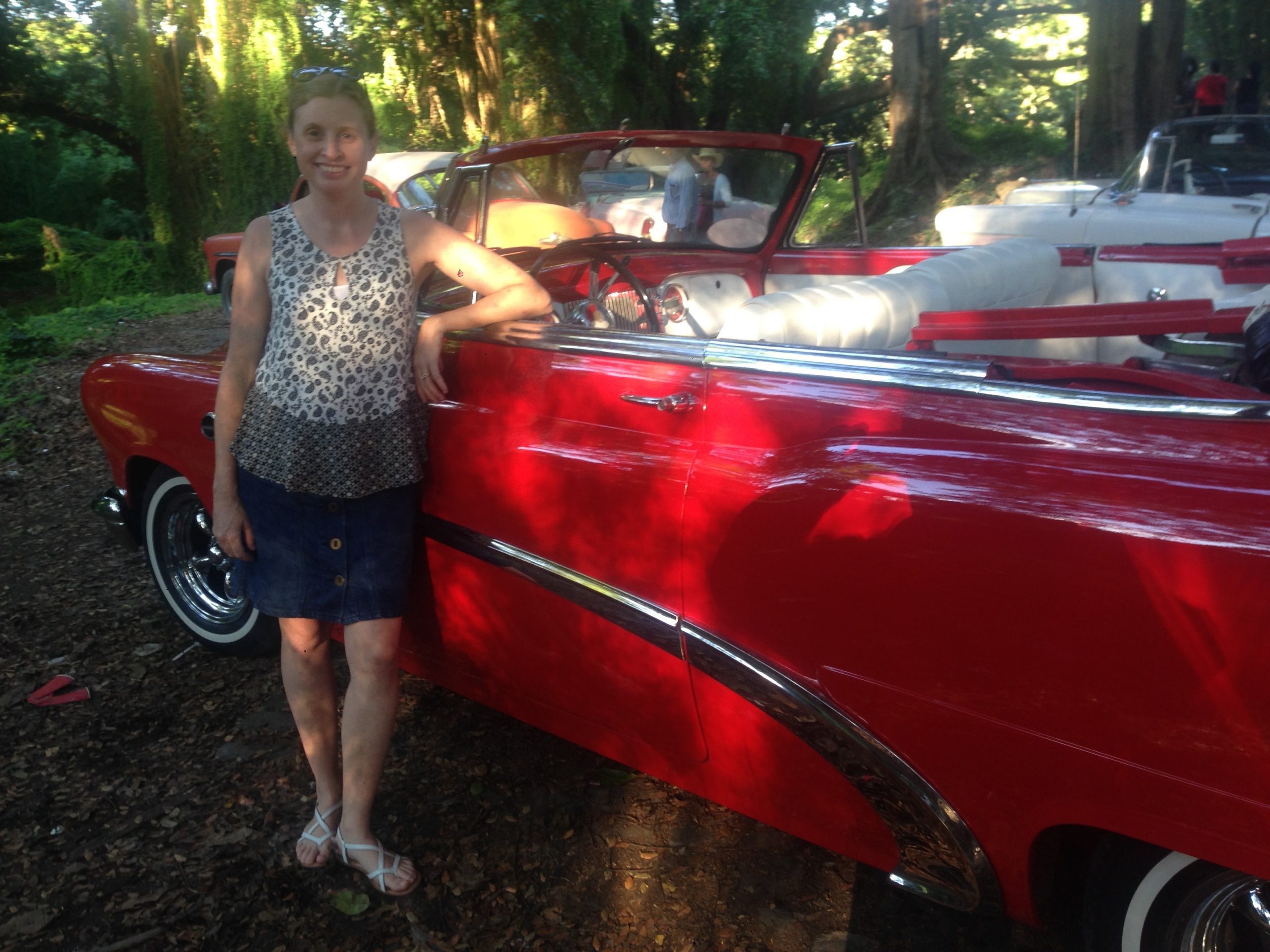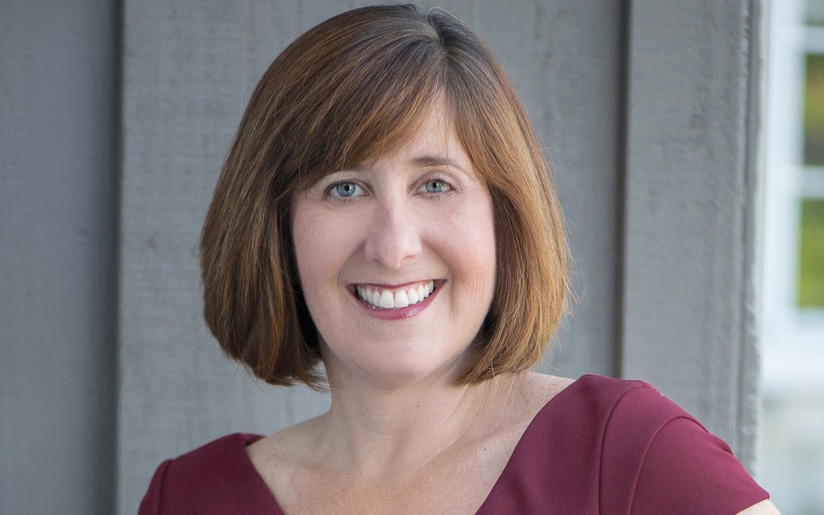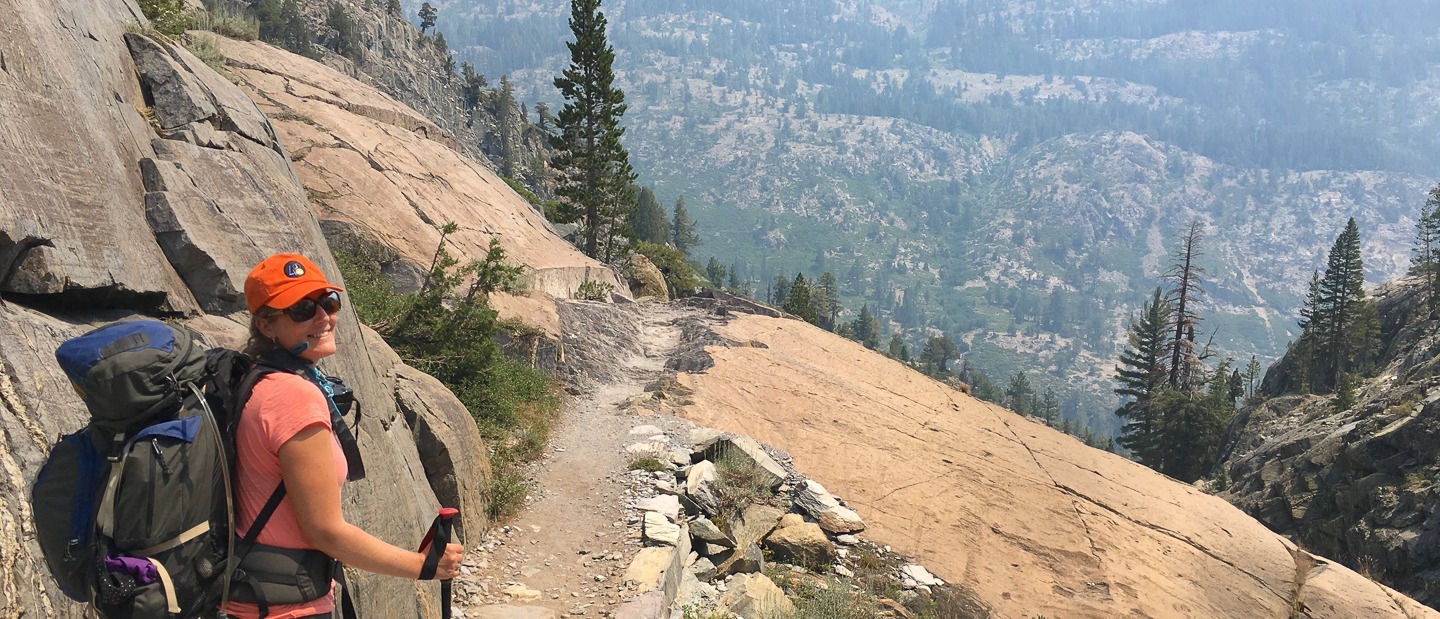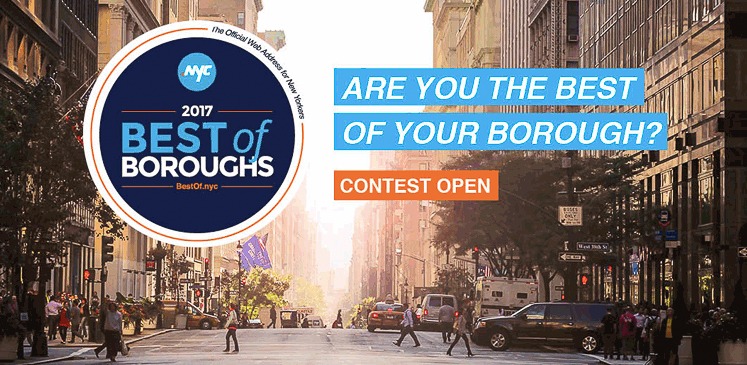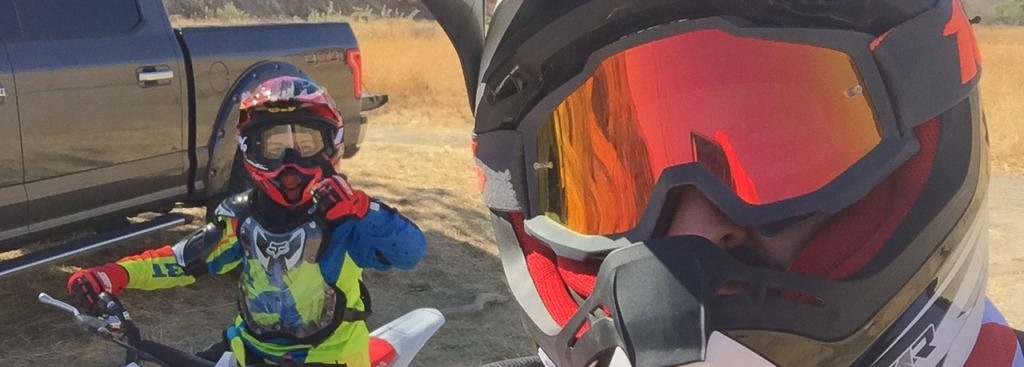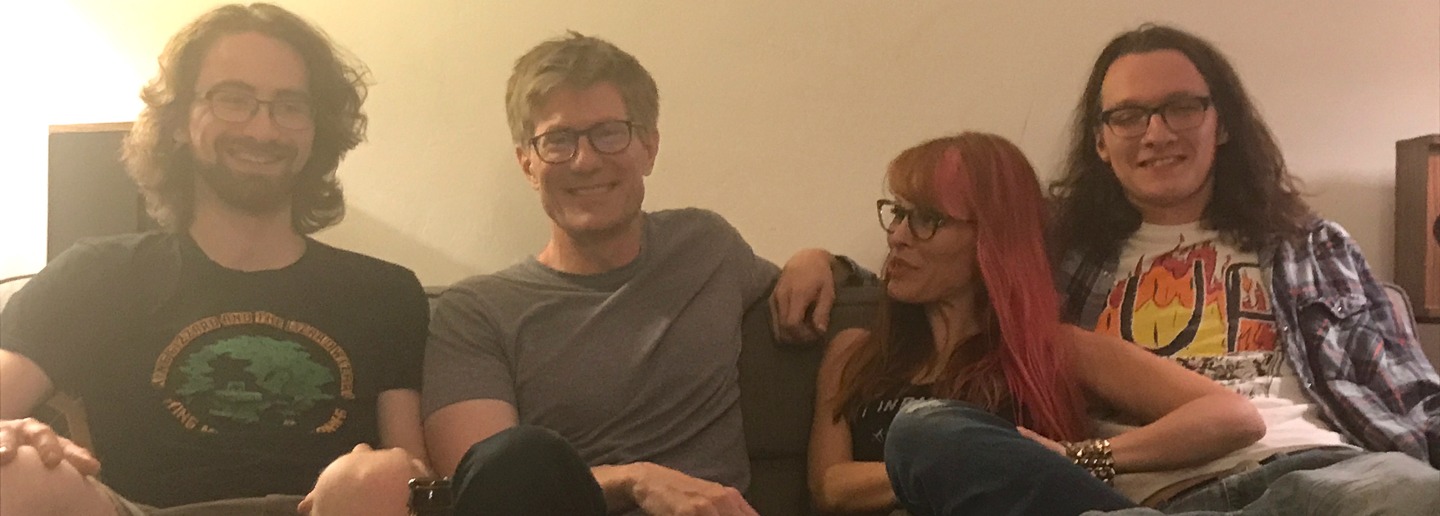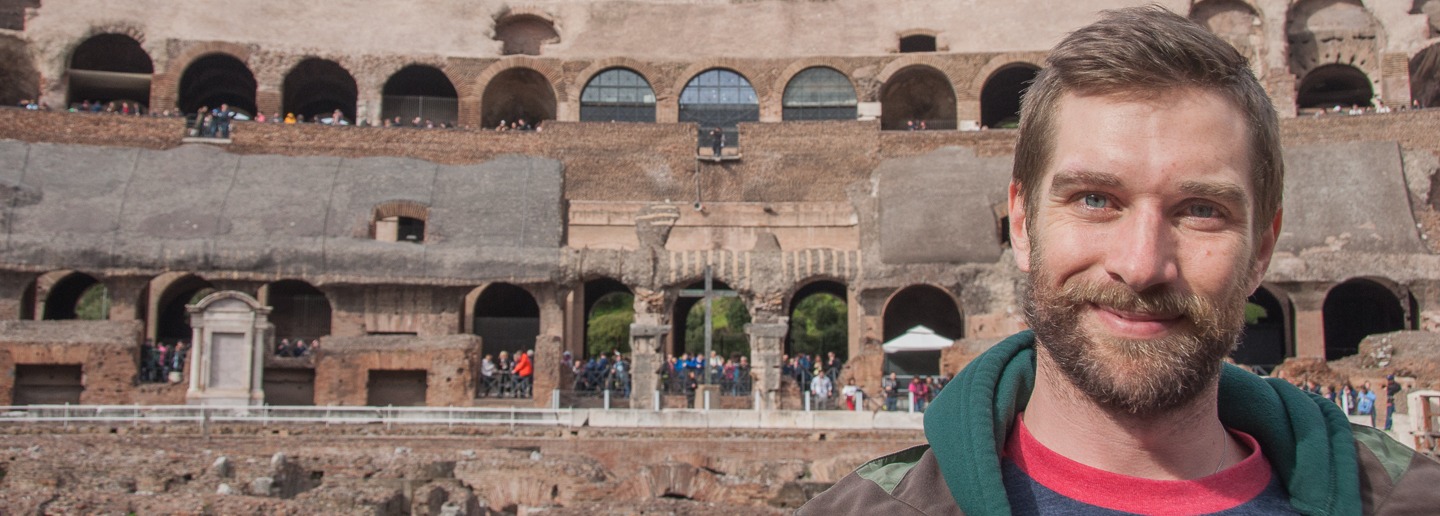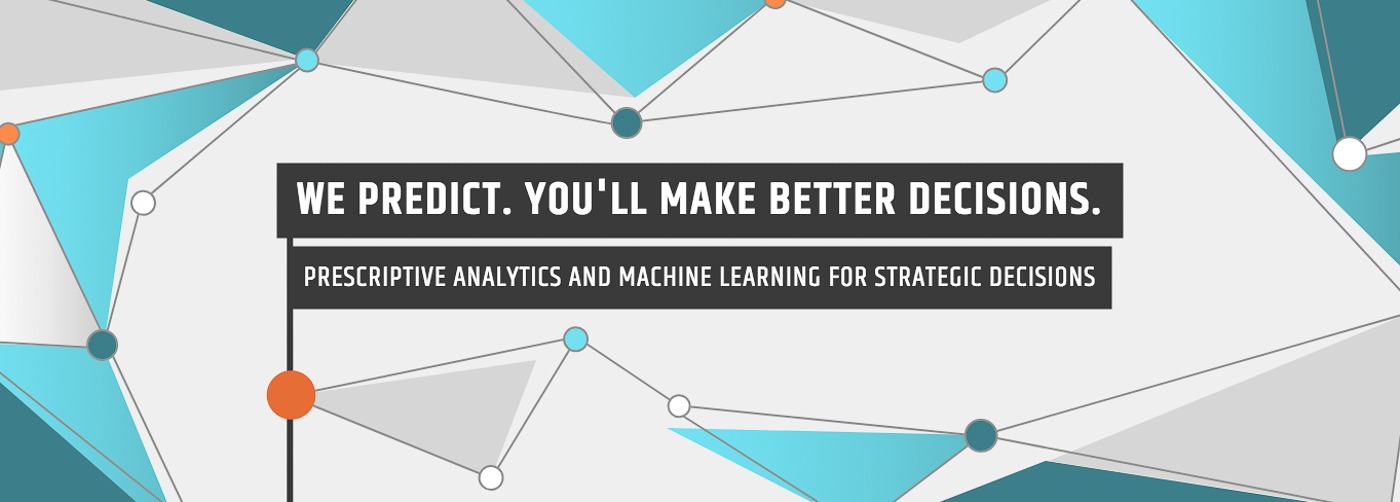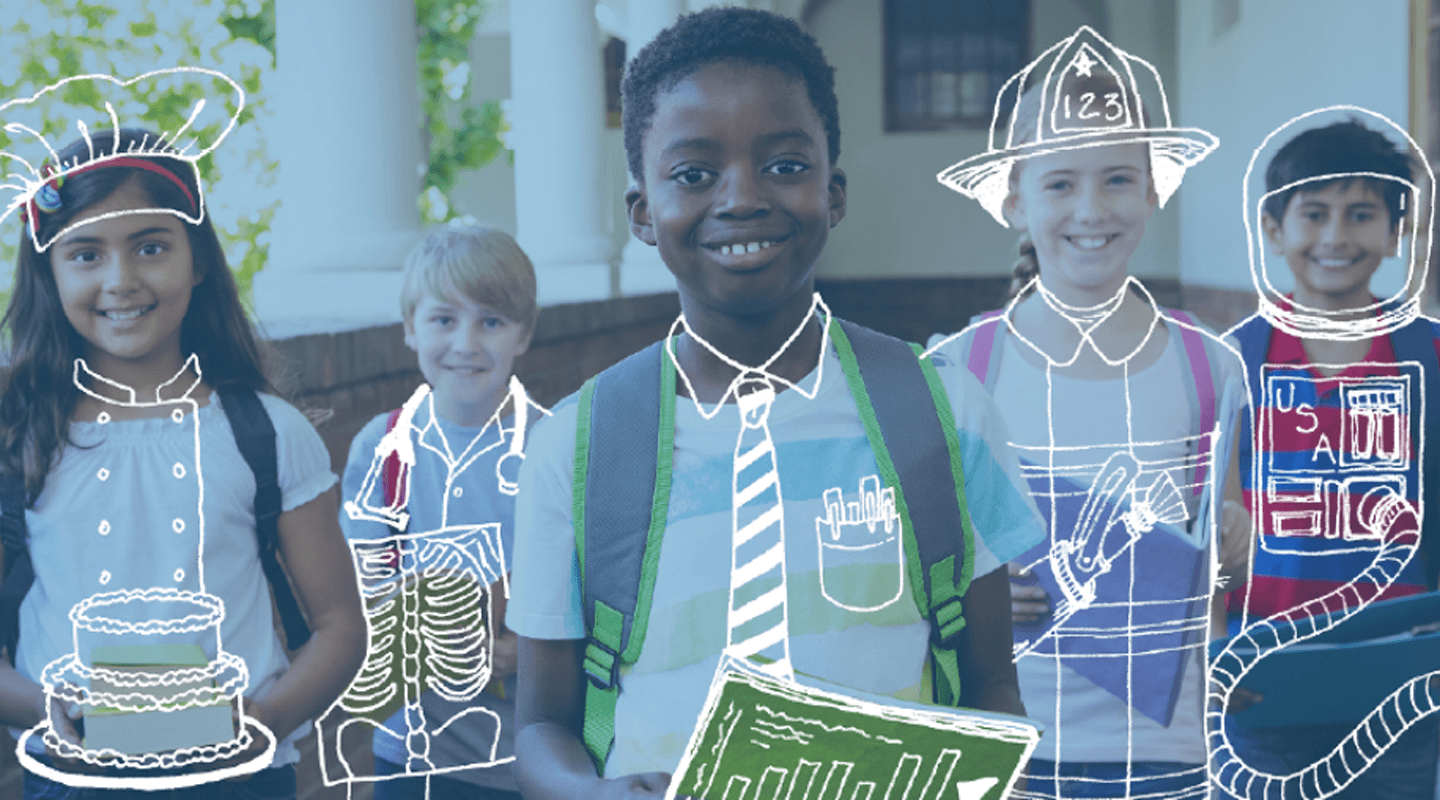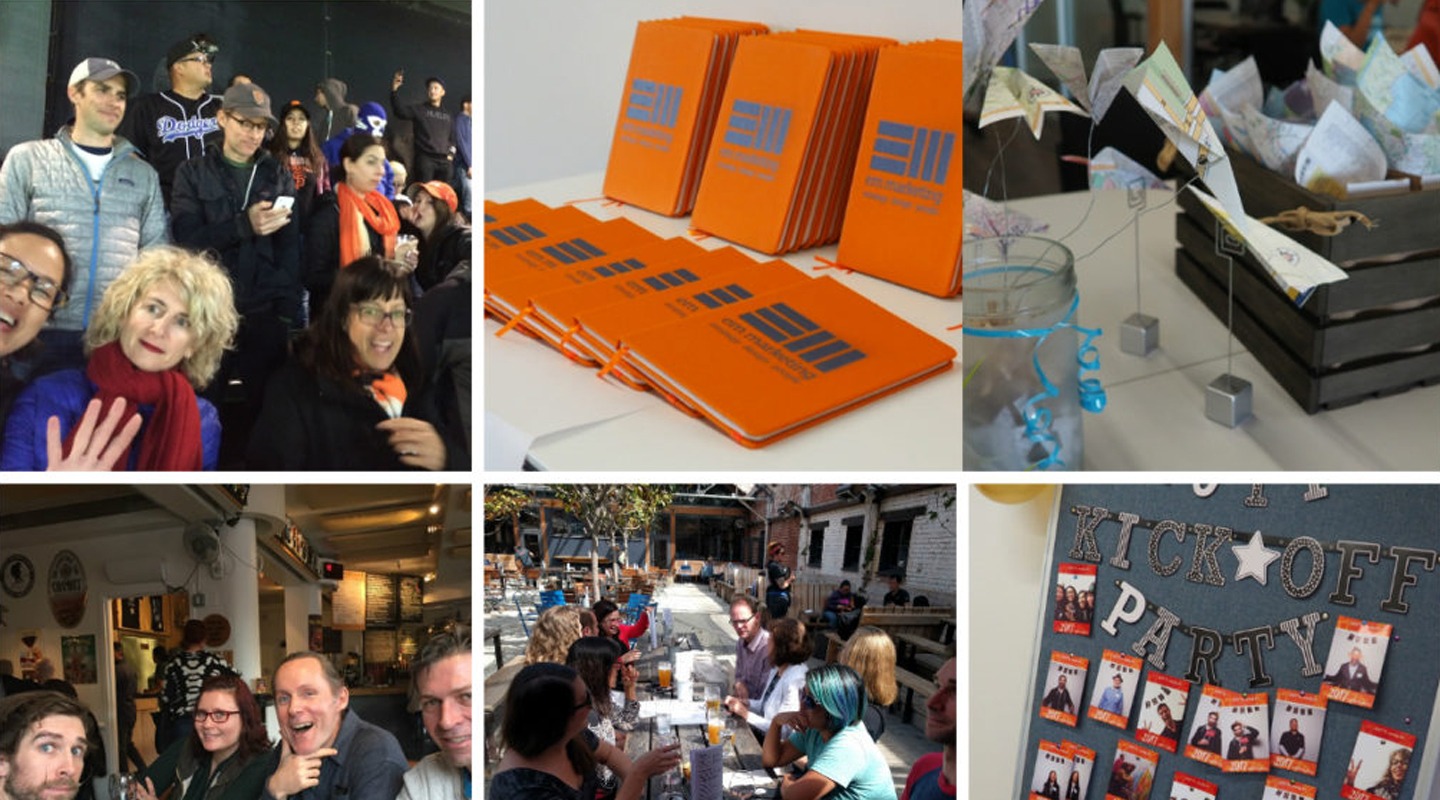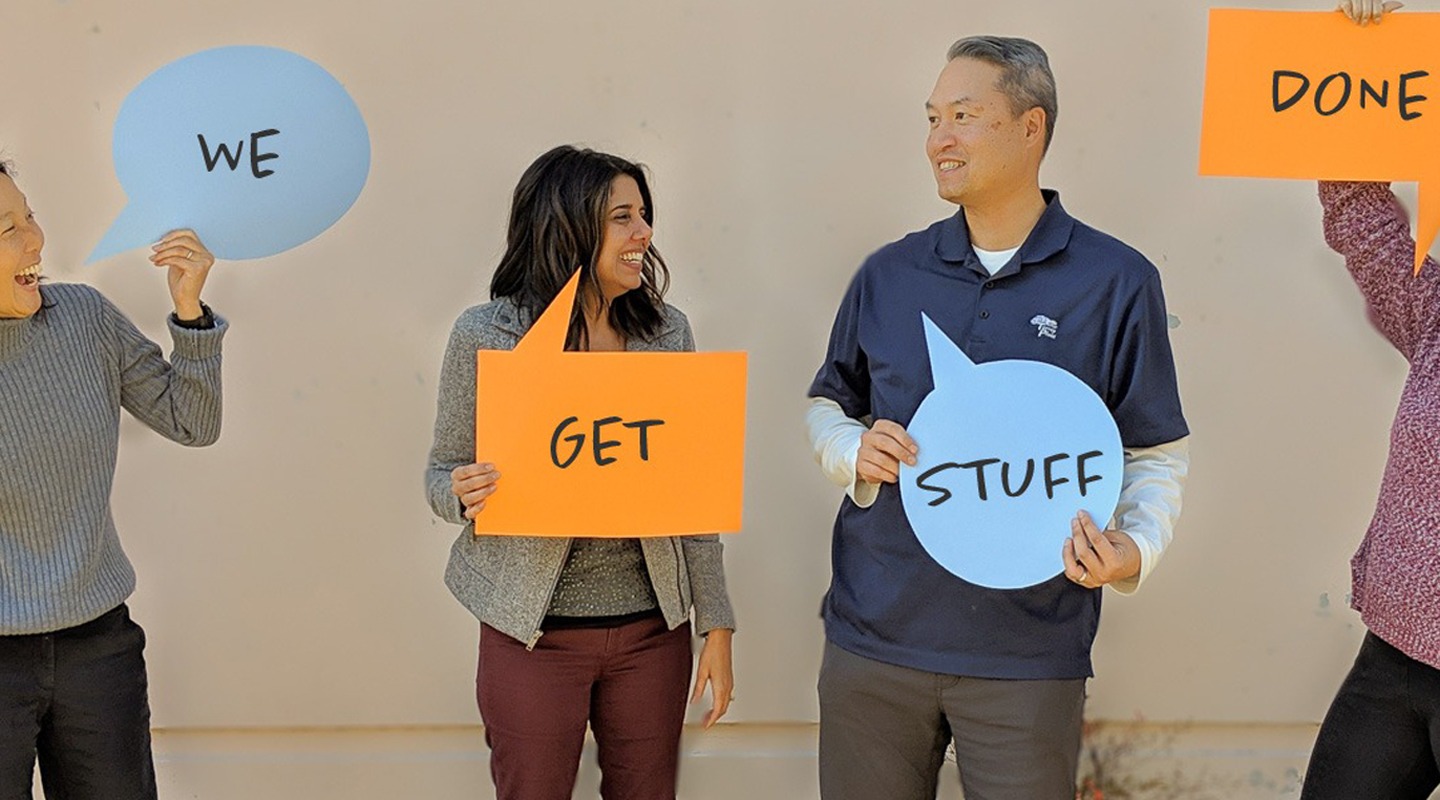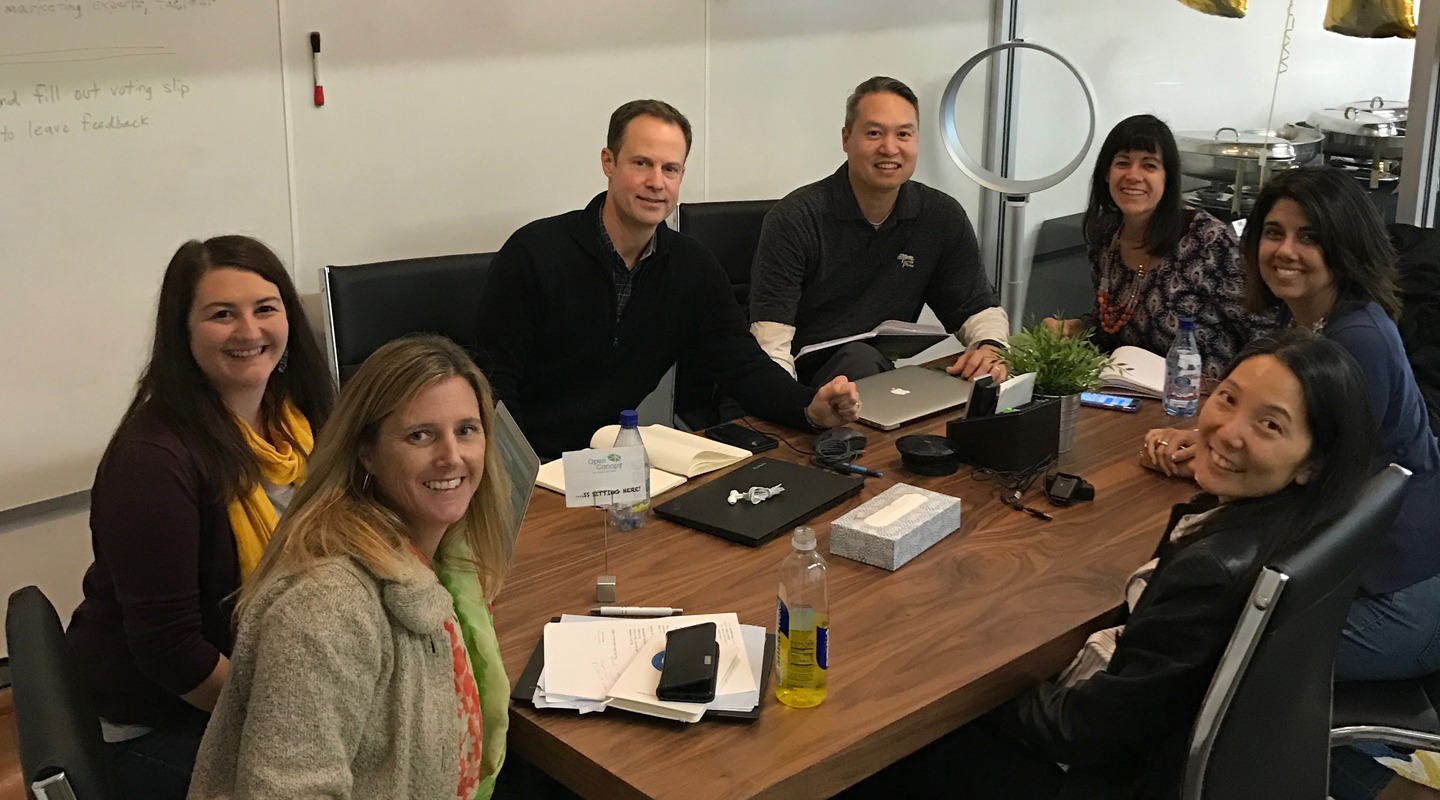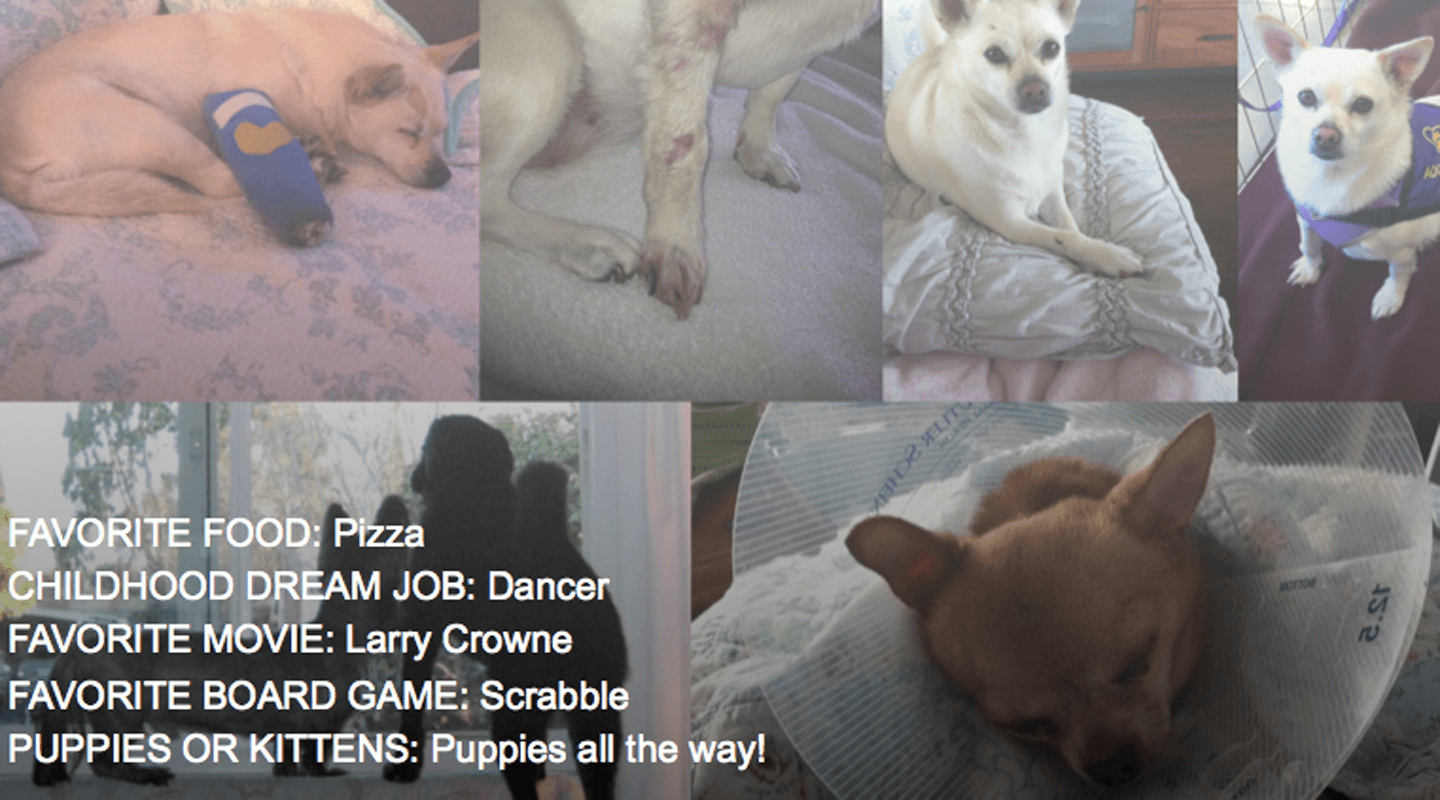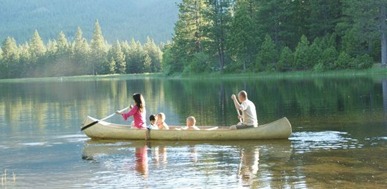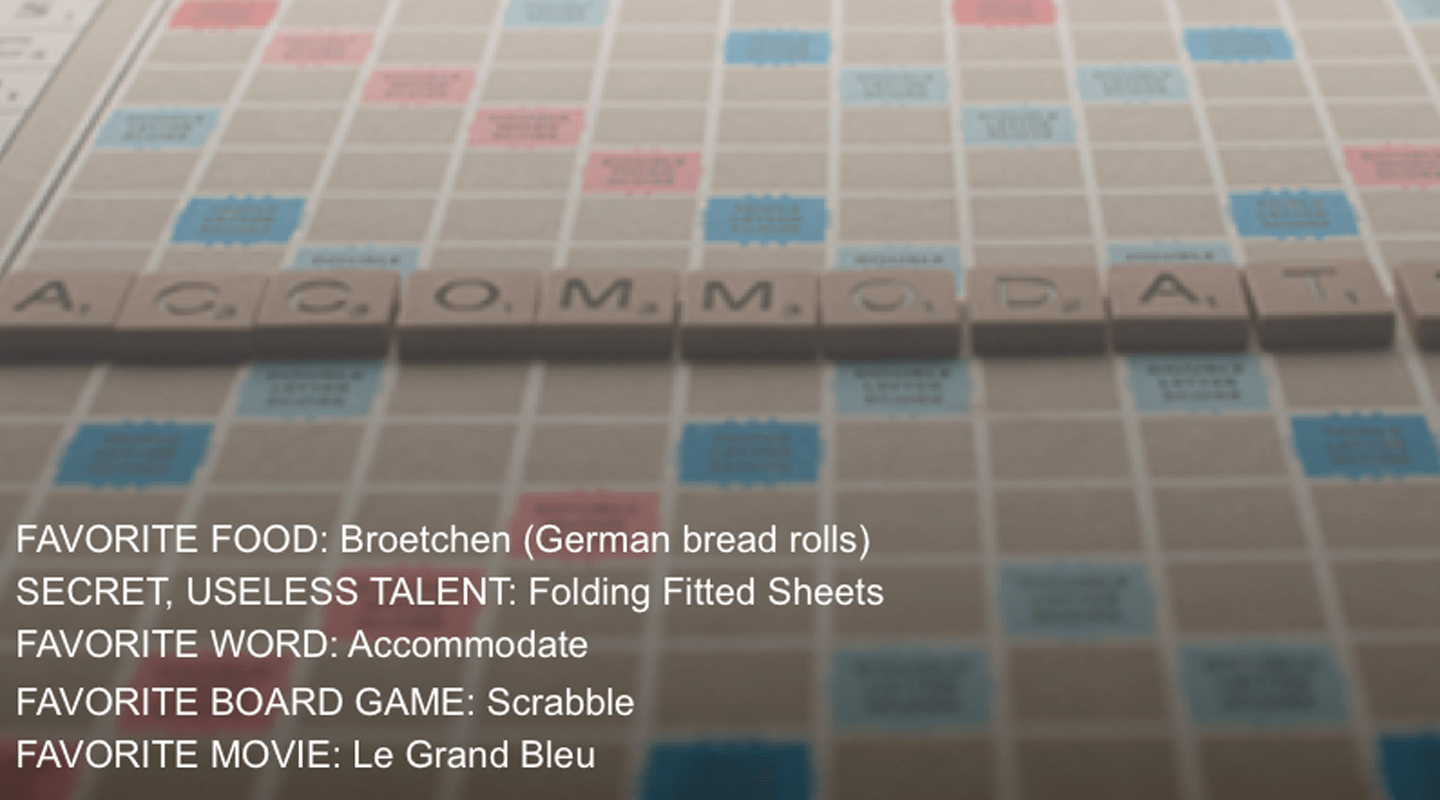
For the Love of Arts, Marketing, and Higher Education: Meet Michael Sanders
April 2020 Consultant of the Month
What are you currently working on?
Through EM Marketing, I’m a full-time contractor at Facebook, working with the education and empowerment partnerships team, leading website redesign, social media and marketing strategy, and supporting event management.
Michael’s Keys To Success
- Grit
- Finding a mentor
- Creating a role vs. filling a job description
- Only taking roles that fulfill passions
- Always learning and growing
The team’s main mission is to give people the power to promote equity and innovation in their learning communities. This includes supporting educators and administrators in leveraging Facebook’s technology and tools; creating and designing equitable, diverse programming for underrepresented student populations; promoting social emotional learning and civic education to help kids be better digital and world citizens; leading programs that help minority businesses use Facebook to grow, and engaging Facebook alumni to become mentors or ambassadors.
Why did you decide to become a consultant? What path did you take to become a consultant?
I didn’t fall into consulting in a very traditional way. The truth is, there aren’t many Black men doing the work I do.
After getting my master’s degree in Performance Studies then teaching at Louisiana State University (LSU), I moved to New York. Working as a communications freelancer and publicist on Broadway and with entertainment and educational organizations, I got to know New York quickly. And, it helped me understand what skills were most useful in those situations.
At Harvard’s Graduate School of Education, I studied arts and media in education. At that point, I knew my career would be at the cross section of communications, arts, entertainment, and education. Coming out of Harvard, I especially wanted to work in children’s media. I applied to over 300 positions and didn’t get any of them. I usually lost out to someone who did not look like me. It was baffling sometimes — I would get turned away because I was “too qualified” or “not qualified enough.”
Until I landed a job at Howard University, an HBCU (Historically Black College and University), I had not had a Black boss who was a leader in communications and marketing. My boss at Howard was the first person of color in an executive-level communications role that told me, “You deserve to be doing more with your career, and I’m willing to help you.” Before then, I really did not have professional mentors who looked like me, and it was difficult. I had to pave a way for myself. Freelancing was a saving grace to flex my skills and make money.
“Freelancing was a saving grace to flex my skills and make money.”
Later at Threespot, a marketing agency in the D.C. area, I worked with social good and non-profit clients, such as the United Nations Environment Programme, Susan G. Komen, the ALS Foundation, Partnership for a Healthier America, and the D.C. Youth Orchestra Program. I loved the work and the people, but wanted to do more strategy than execution. Being a consultant has given me more of an opportunity to think about big ideas, but not necessarily be the lone person executing.
Consulting has given me the freedom to think about how my skills can be best used without having to fall into a specific job title or skill set. It’s been incredibly rewarding. I never thought in a million years it would lead to Facebook, but here I am and I’m incredibly grateful and excited.
What was your favorite project to work on, or work you are most proud of? Why?
There are a few projects I feel proud of. First is being a professor. I was 24 when I started teaching public speaking at LSU and it was mind boggling. I never thought I’d be qualified to stand in front of a class and share knowledge in that way. It was the most challenging and rewarding work. Years later, I get to see my students out in the world, and that is a beautiful thing.
Second, I worked on website content for Susan G. Komen’s “Know Your Girls,” a breast health awareness campaign for African American women between the ages of 30 and 45. I exist because Black women exist. This work was literally life-giving for me. And it was crucial to me that the website and campaign reflect these Black women’s voices, because I have family members battling breast cancer. I was honored to be a part of that work.
Third, I led social media at Howard University during a special point in history when President Barack Obama was in office. In 2016, President Obama spoke at Howard’s commencement as one of his final speeches at a university as President. Universities were involved in social but were still figuring it out, learning day by day how to operate in the space. Pulling off the strategy around his speech was quite a digital challenge but a success in the end. To be in that moment, watching him and live tweeting his words to the world with the support of the White House, was an absolute honor.
What has been your biggest challenge about being a consultant? How have you addressed it?
Continuity of work is always a challenge; making sure the next gig is lined up is usually on my mind. It’s funny, I enjoy being on new projects, but I don’t like project work. That’s why I’ve been diligent about getting roles that are related to communications, education and entertainment, because it’s easier for me to understand how I can be useful on a new project. It’s not that I don’t want to learn new skills. I want to make sure that I’m the best, most valuable asset I can be on the project. It should be the right engagement for me.
What do you love about consulting?
I love being a student of the world. Consulting gives me the opportunity to step in, learn, grow, gain insights and skills, then share those in new and dynamic environments.
I love meeting new people and getting to work on new and exciting things, especially now, working with emerging technology. Consulting has taken me many places and offers me an opportunity to bring those learnings back home.
I like being the captain of my own ship, determining where my interests take me. I can work with a client to create a role based on what’s needed and what skills I have to support the client, instead of boxing myself into a set job description.
How do you market yourself?
 Nicole Brody Photography
Nicole Brody Photography
I have a website, LinkedIn, Twitter and Facebook accounts, using the name @mdwightkeller. Since michaelsanders.com was taken, I decided to come up with one name for a consistent online presence. My first name is Michael, my middle name is Dwight. At one point, I wanted to become an actor and liked the filmmaker’s name, M. Night Shyamalan. Recently, I started learning more about my mom and her side of the family and wanted to pay homage by using her maiden name, Keller. That’s how “MDwight Keller” was born.
I don’t necessarily market myself online. Generally, I look for opportunities based on my interests. If I’m looking for arts-related work, I read trade publications or look to organizations such as the Public Relations Society of America or Americans for the Arts. For higher education jobs, I read the Chronicle of Higher Education. Or if I’m looking for social good work, I go to the Chronicle of Social Philanthropy or philanthropy.org.
I’ve gotten work through word of mouth, and having networks in all the places I have lived is helpful. I have friends who are always looking for consultants to support the work they’re doing.
What are the things you like to do when the work slows down?
I’d like to do more traveling. The Facebook job has given me an opportunity to see more of the U.S. I just got to go to Ohio, which was on my short list. I love going home to New Orleans — I just went to Mardi Gras and got to see my nephews and niece which is always special.
I love pop culture so I binge watch a lot of television. I’ve challenged myself to read more so I’m trying to pick up more books. Health and wellness are important to me, and I want to be better at sleeping, eating, and meditating. I’m an arts and performance enthusiast and try to see shows as much as I can. I’m also fascinated with getting a PhD, so I’m always looking at programs and asking myself, “Should I apply this year? Do I have the capacity to do it? Am I smart enough?”
What’s one tip you would give to new consultants?
When you’re making decisions about being a consultant, knowing what you do well and what you don’t do well are important. In some cases, knowing what you’re not interested in doing is helpful, maybe more so than knowing what you want to do.
When I left my agency in D.C. to take a communications job at Stanford, I quickly realized I didn’t want to work in an agency environment again, like the one at Stanford, even though it paid well. The 24-year-old version of me would have stayed at Stanford out of fear of not having another opportunity. It took me a lot to get to this point. I have parents who didn’t get the kinds of opportunities I’ve had, so it’s hard for me to say no. Instead of leaning into what everyone assumed I should do, I listened to myself and after three months, made the decision to leave.
When I have said no, I felt better because I was authentic about being in spaces where I could actually rise to my true self and do work that better aligned with my skills, insights and commitment to the overall mission.
 Nicole Brody Photography
Nicole Brody Photography
